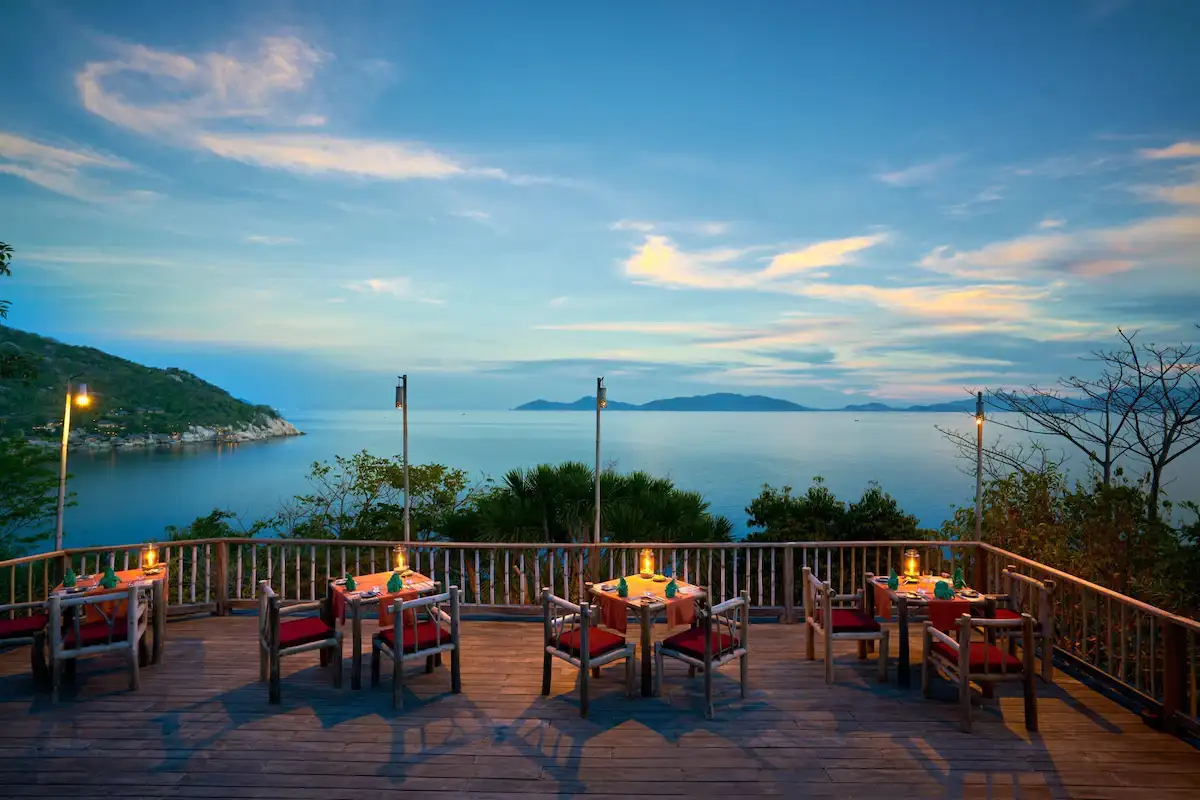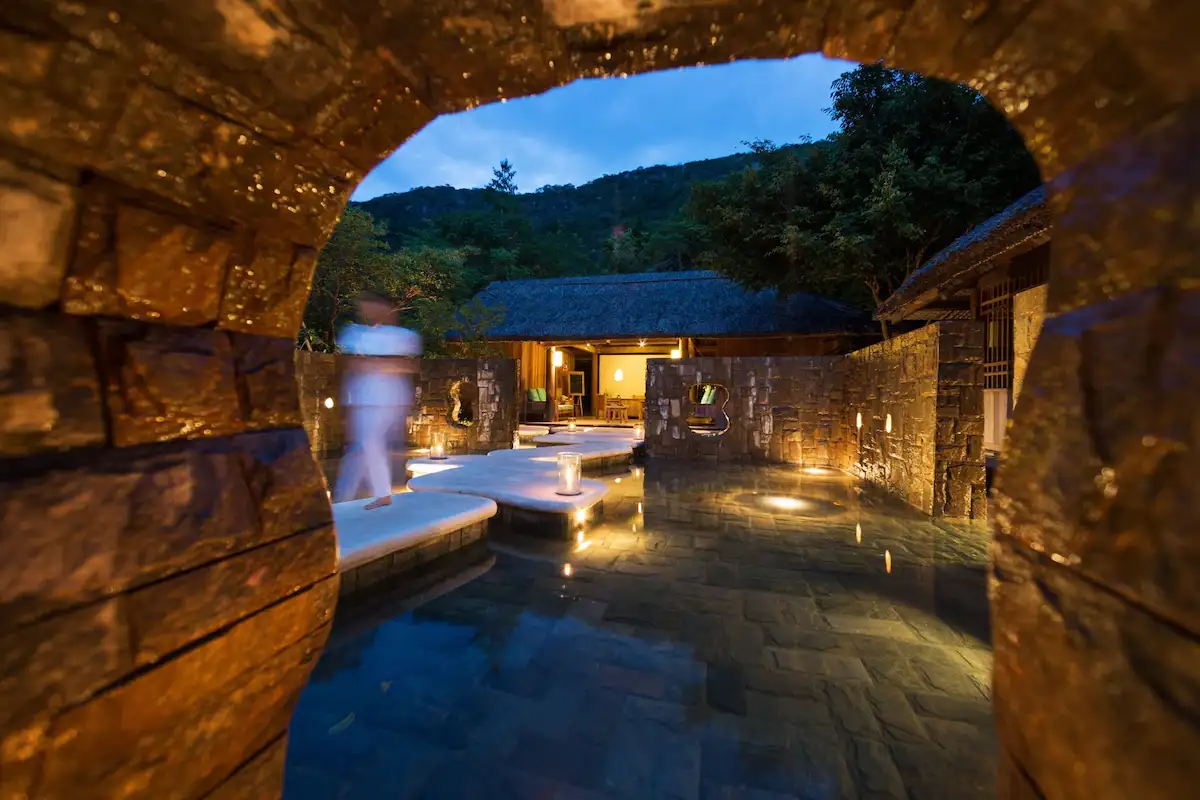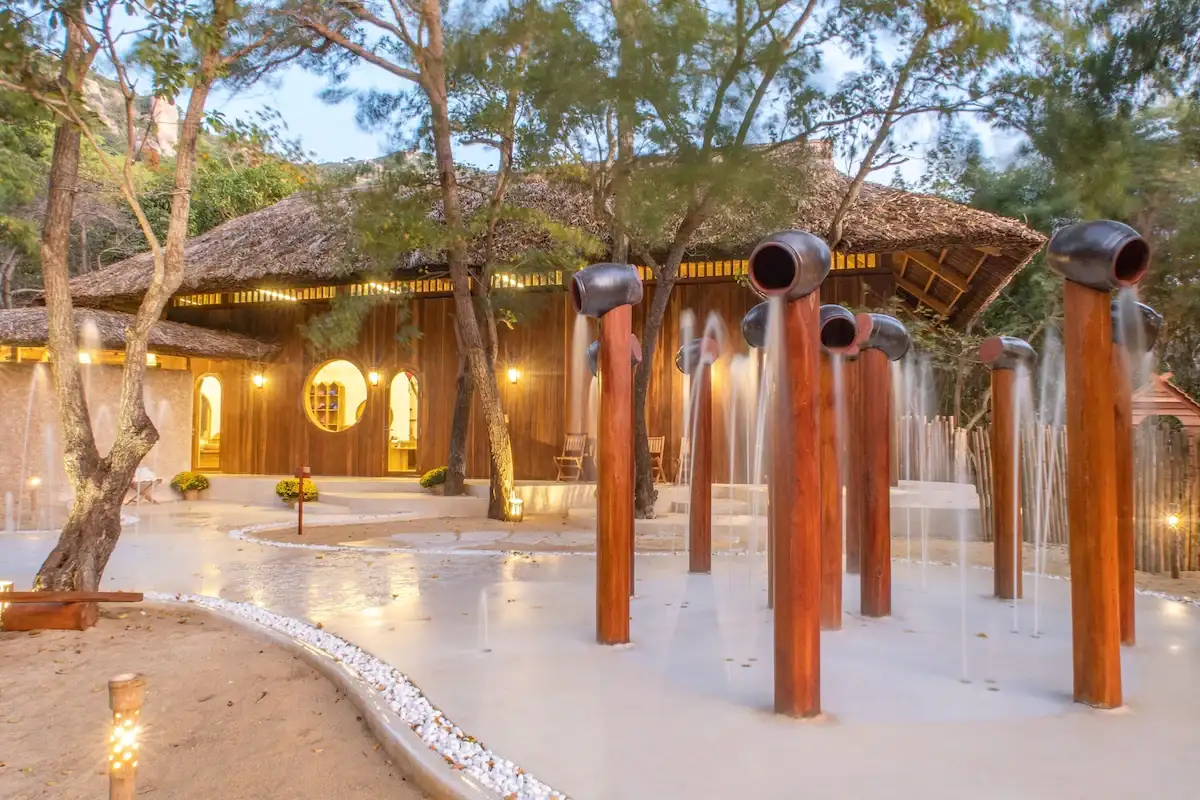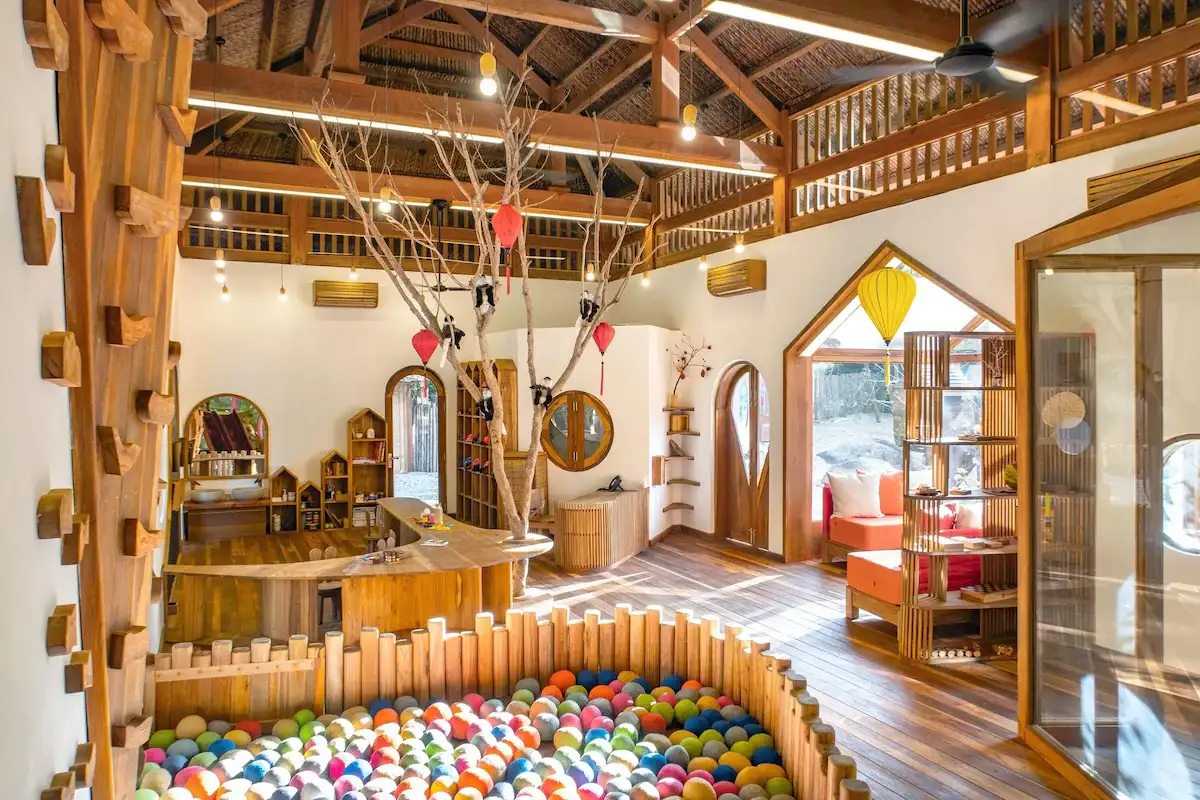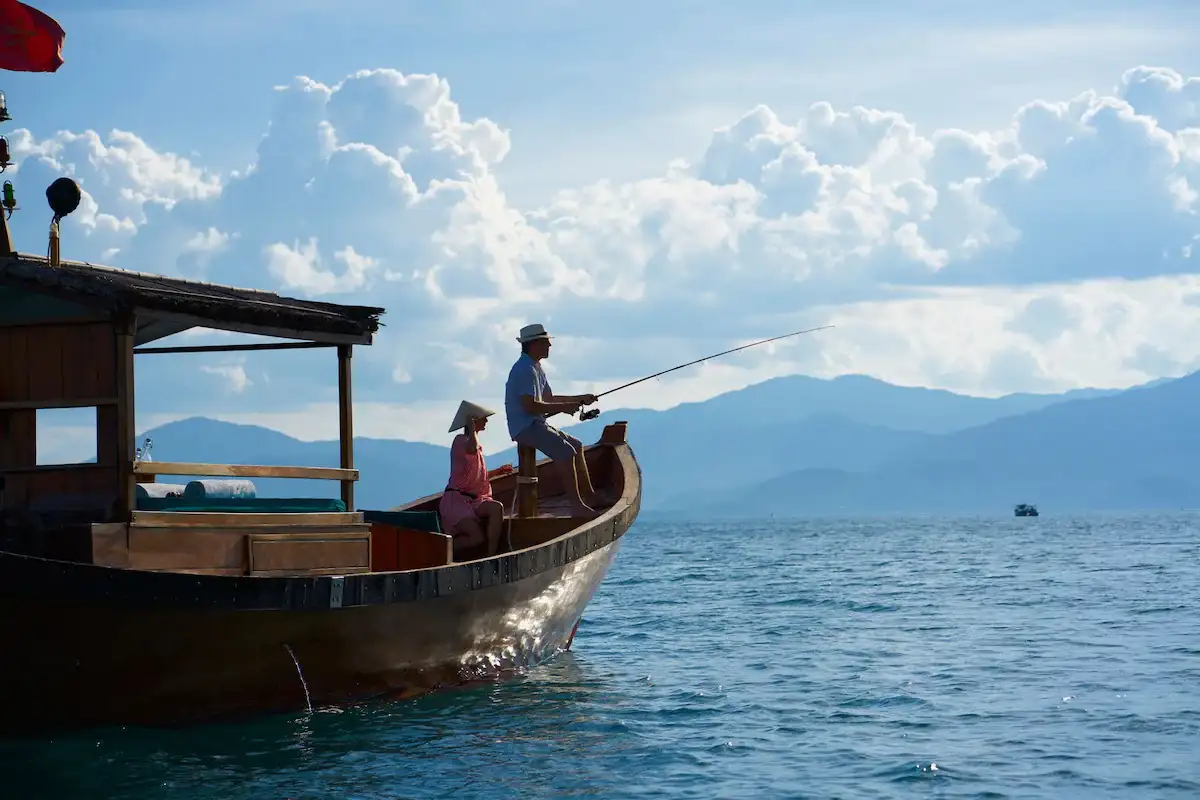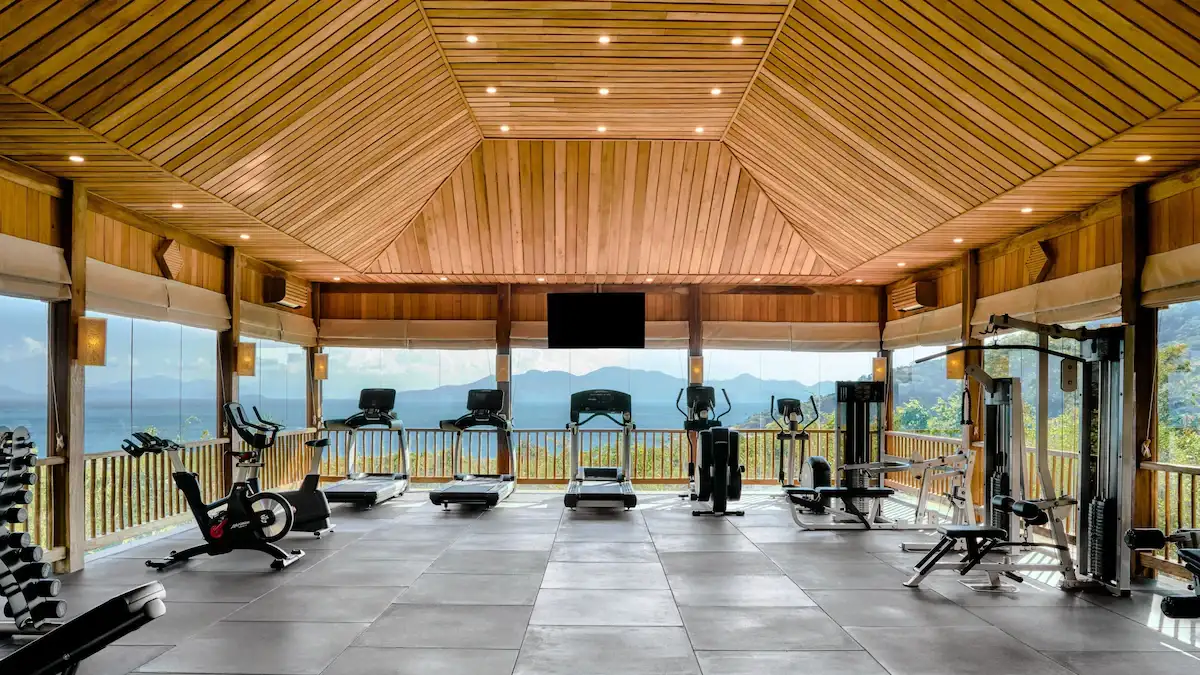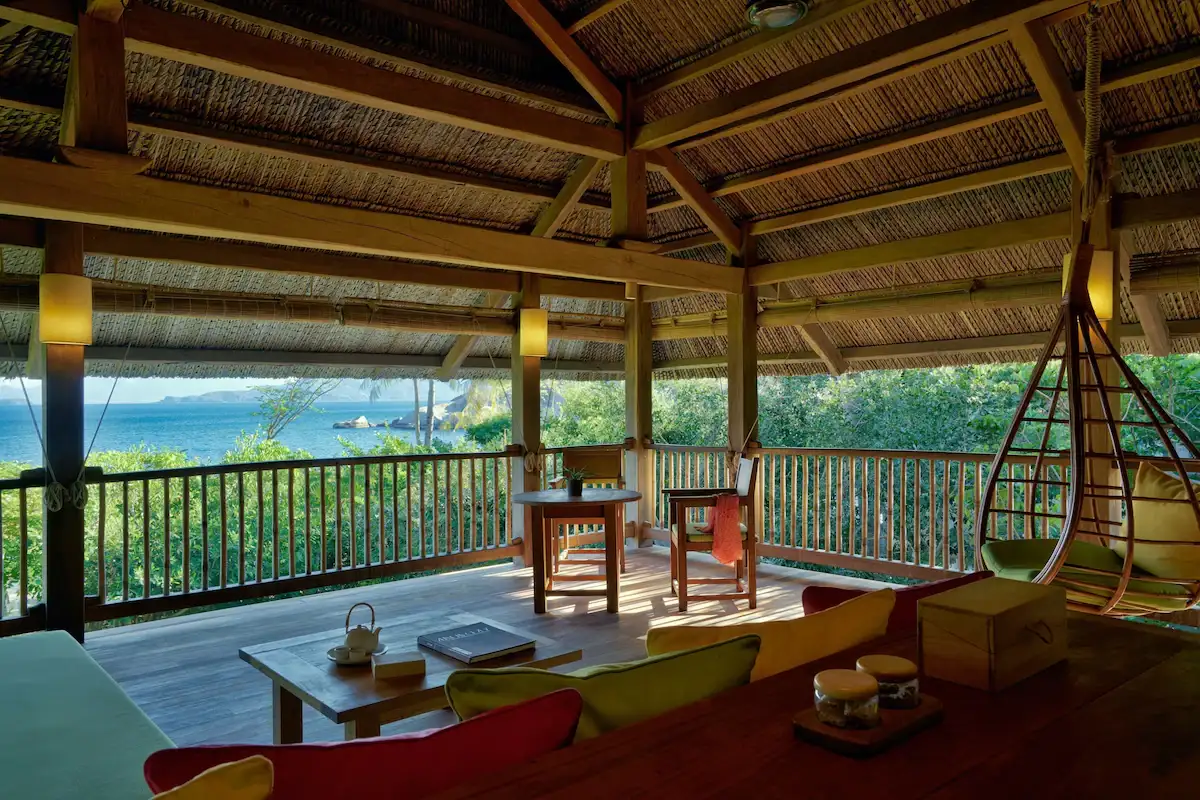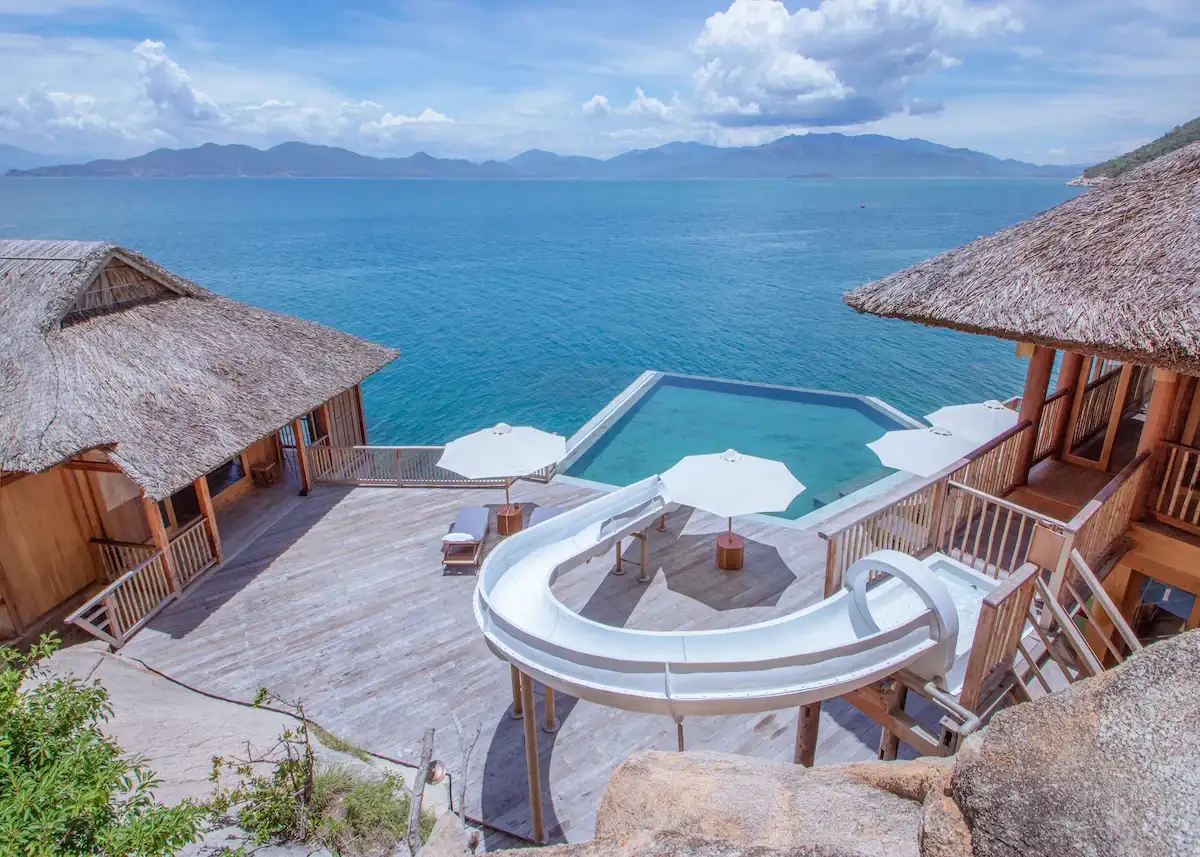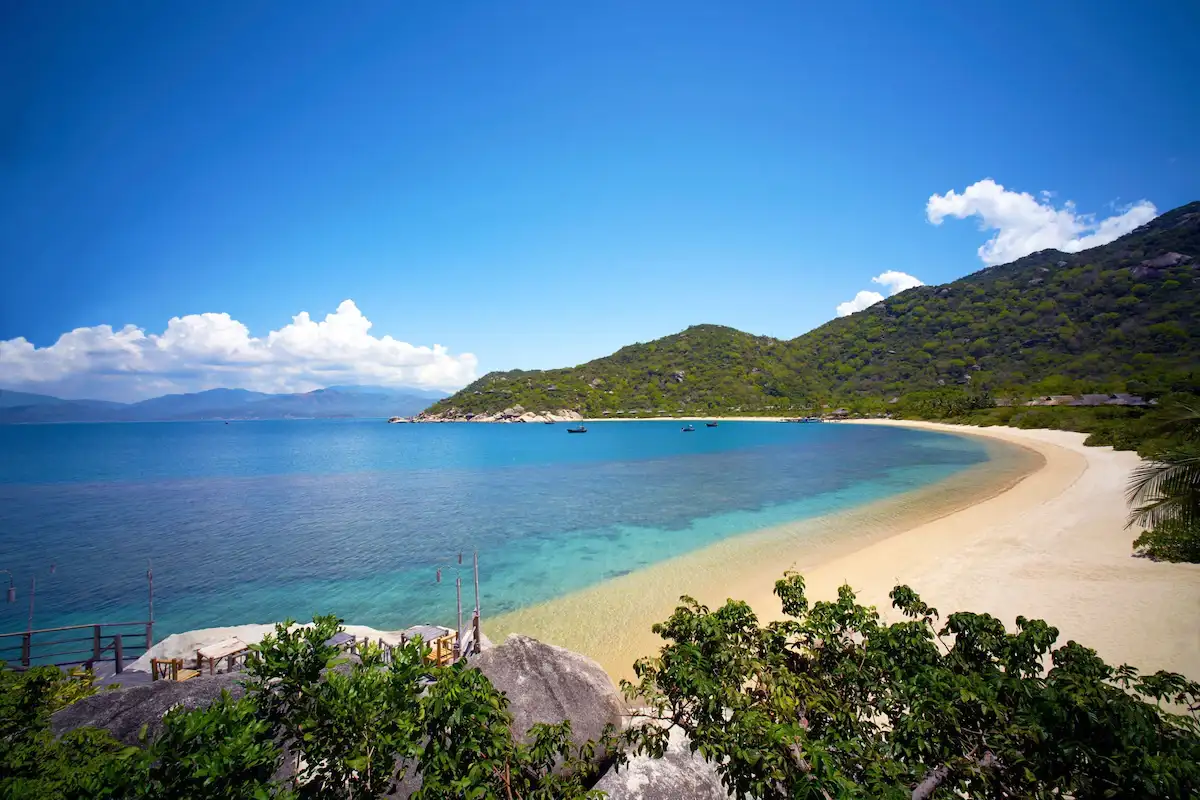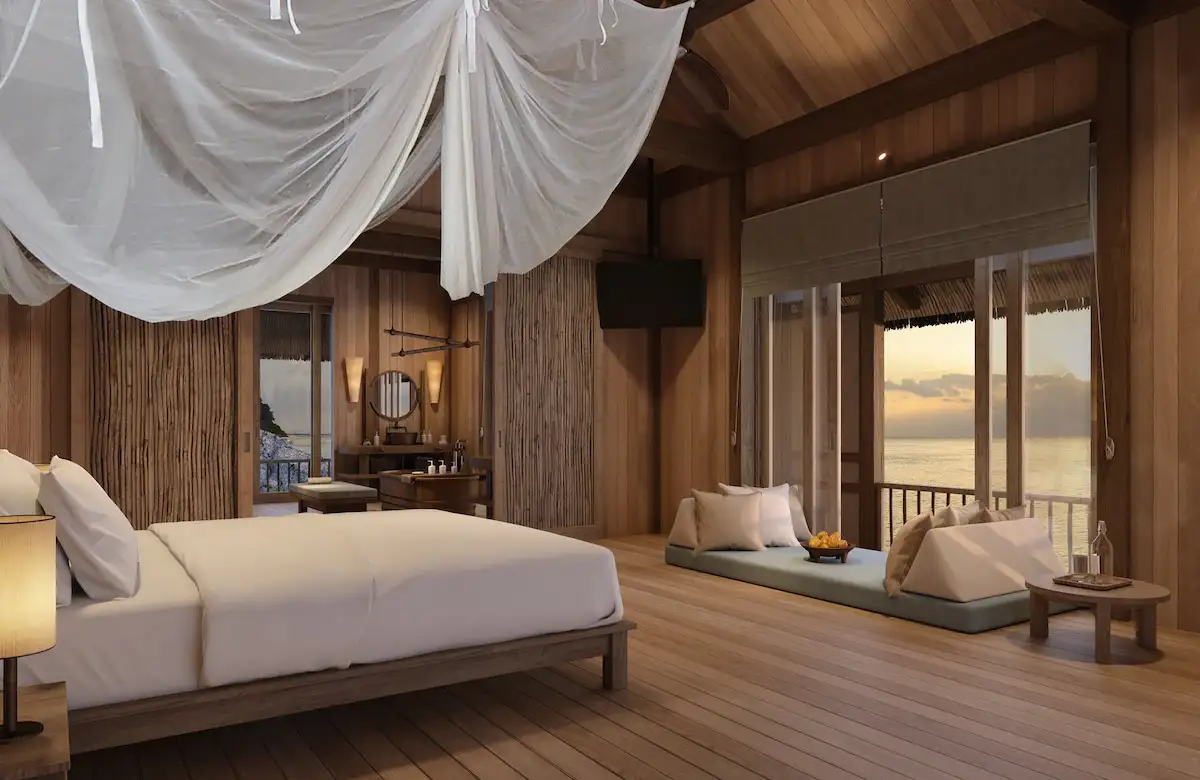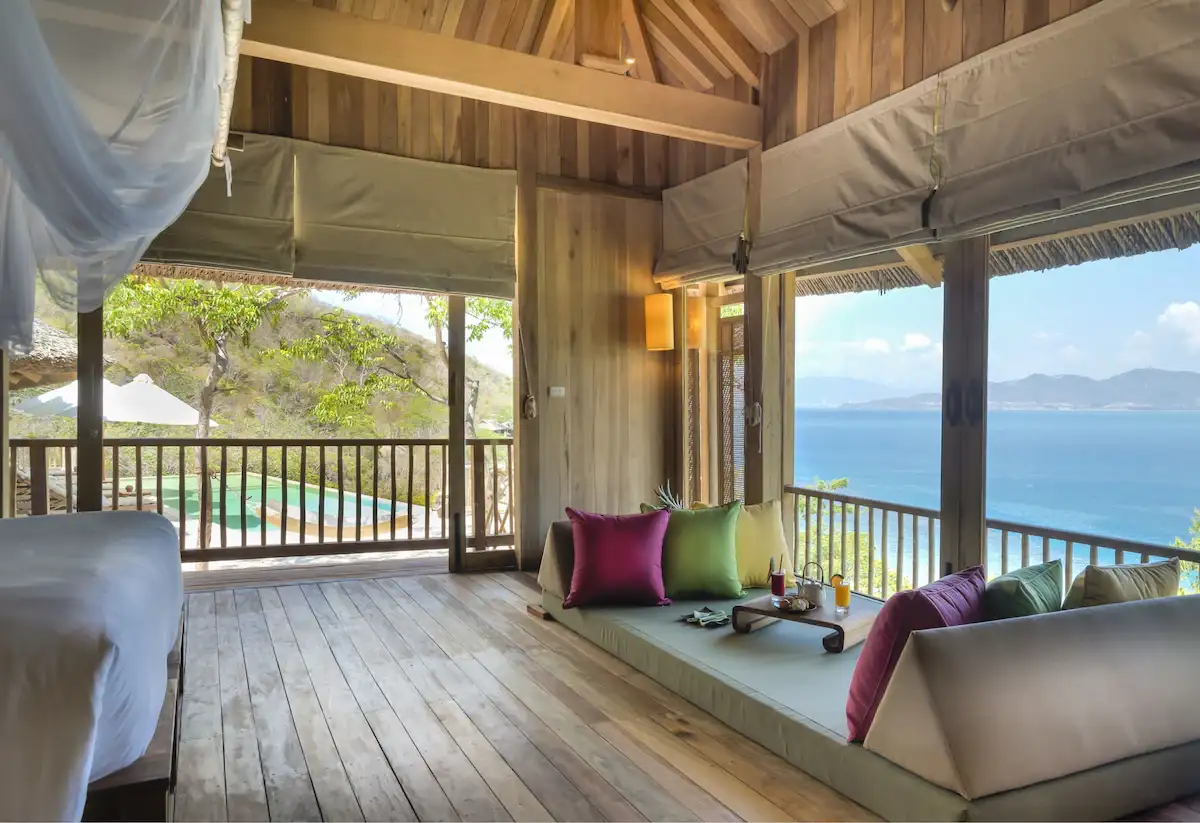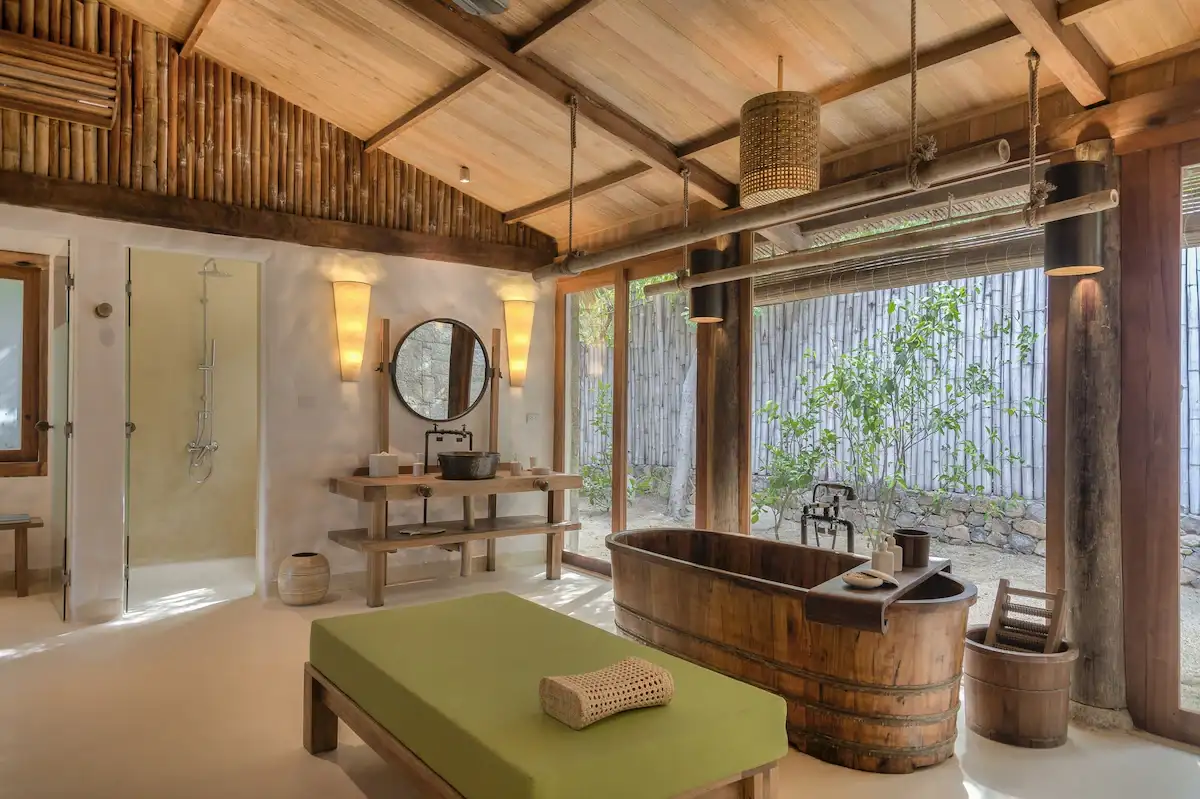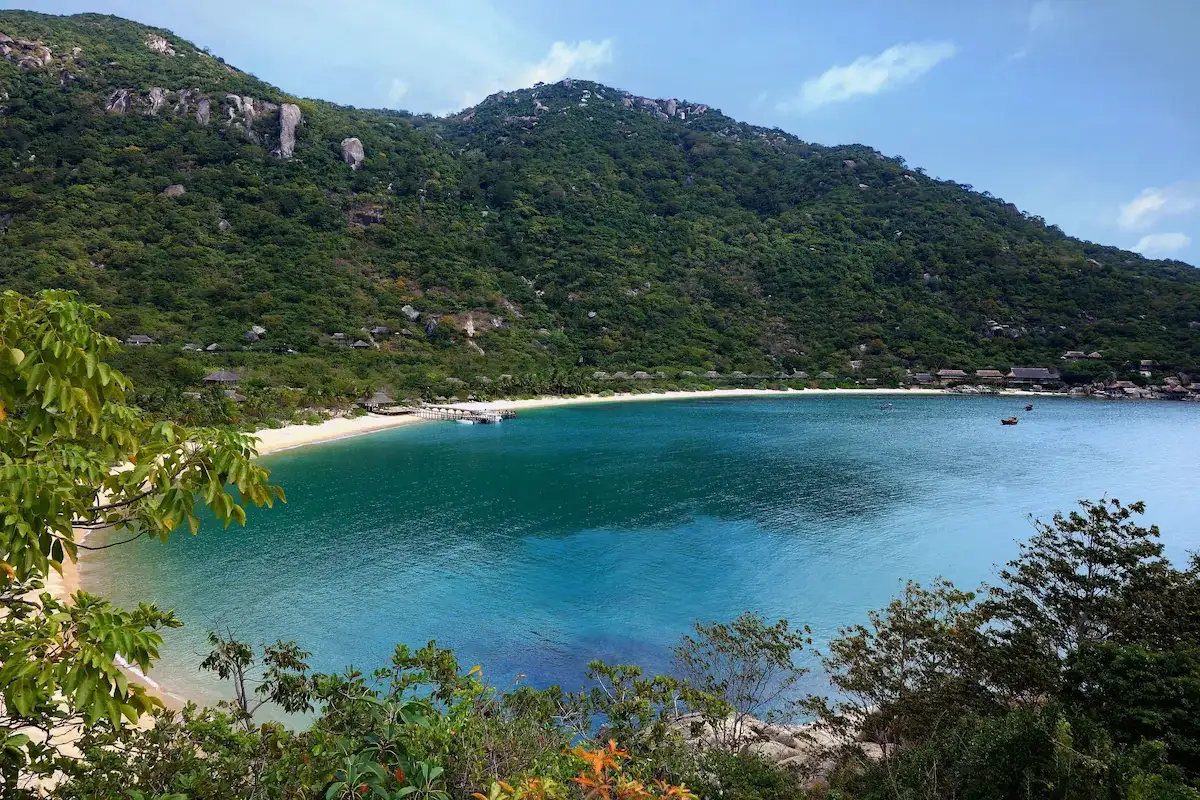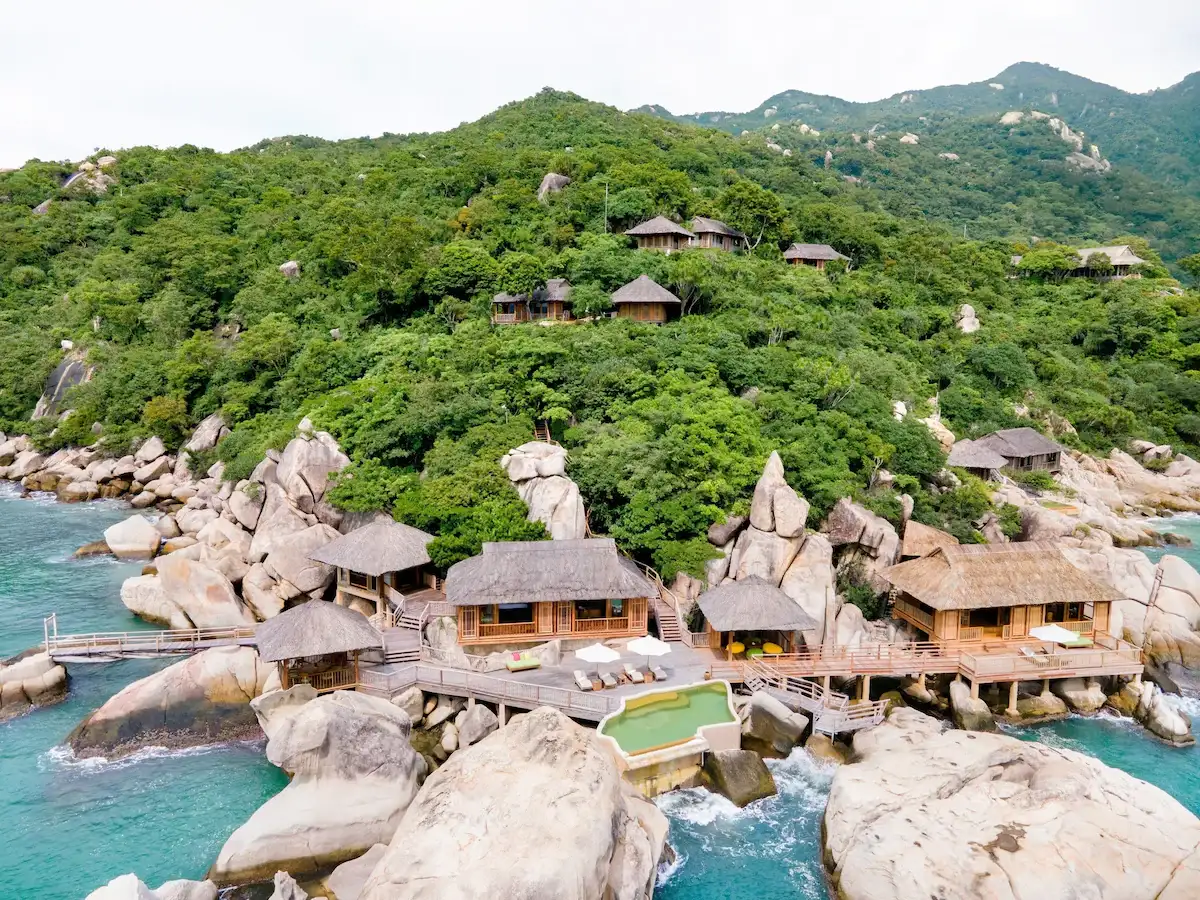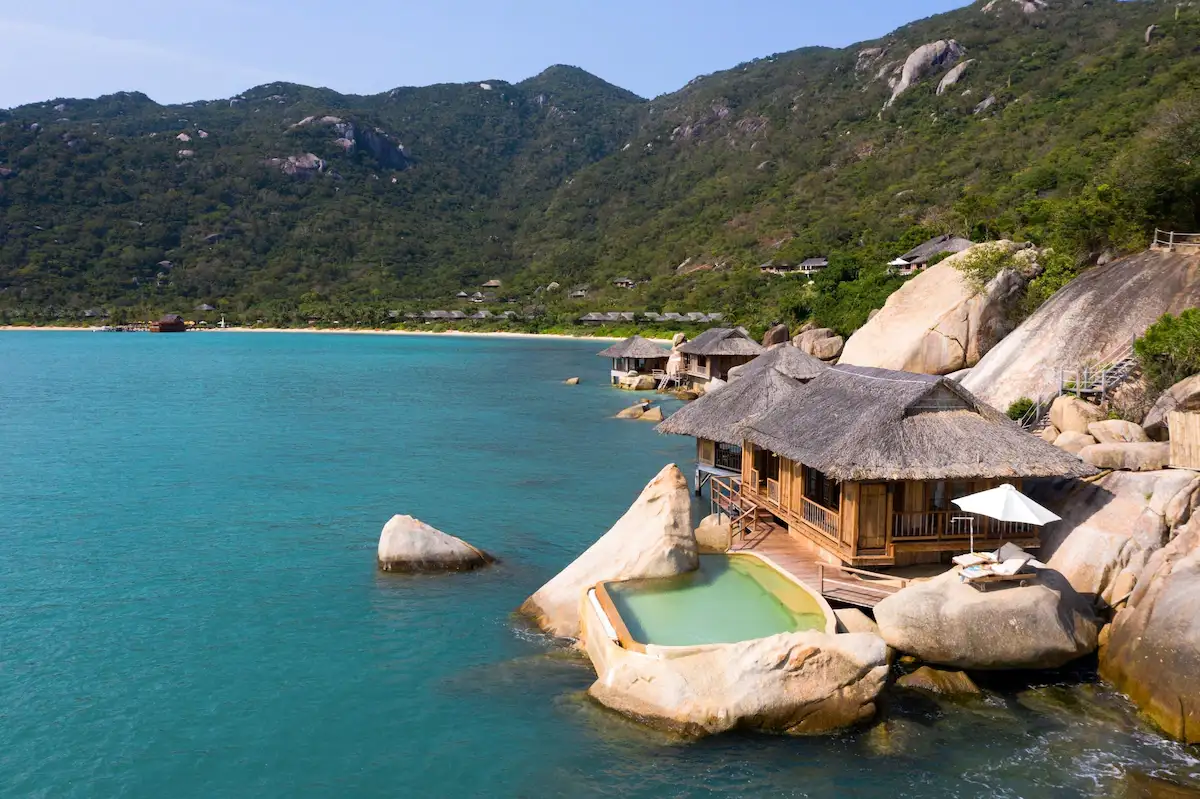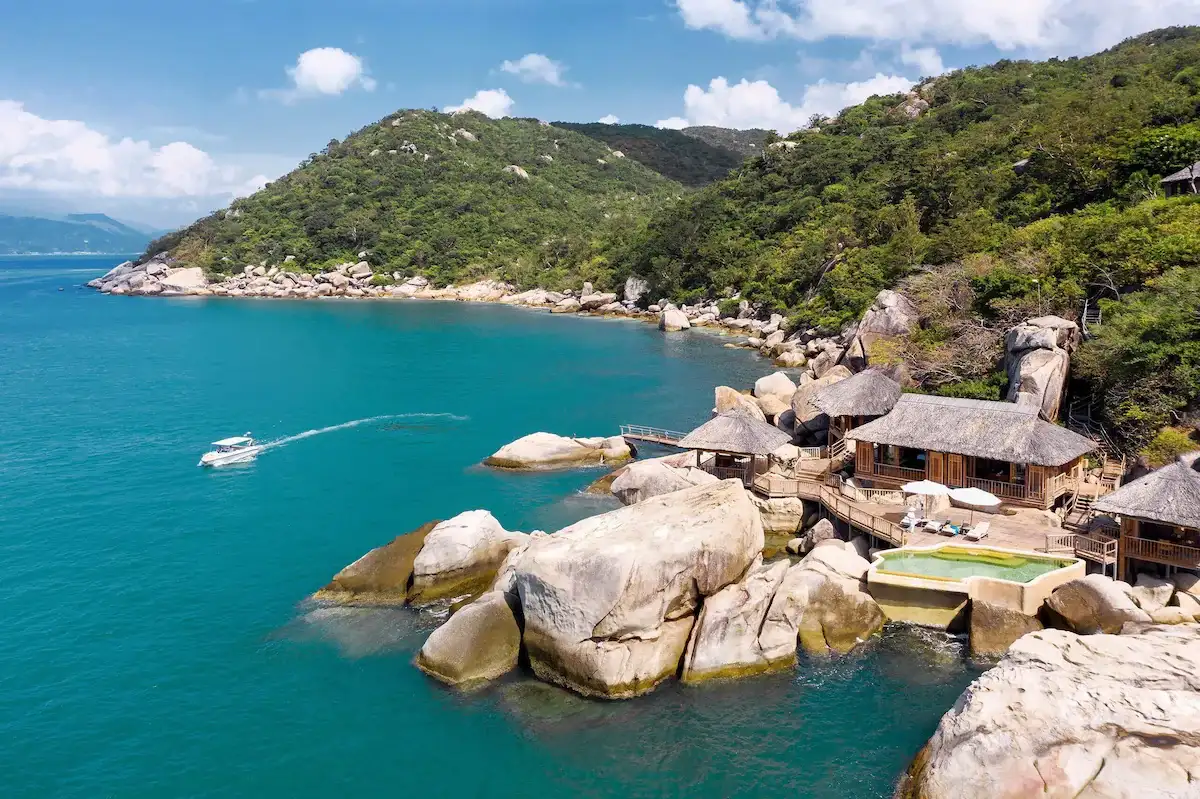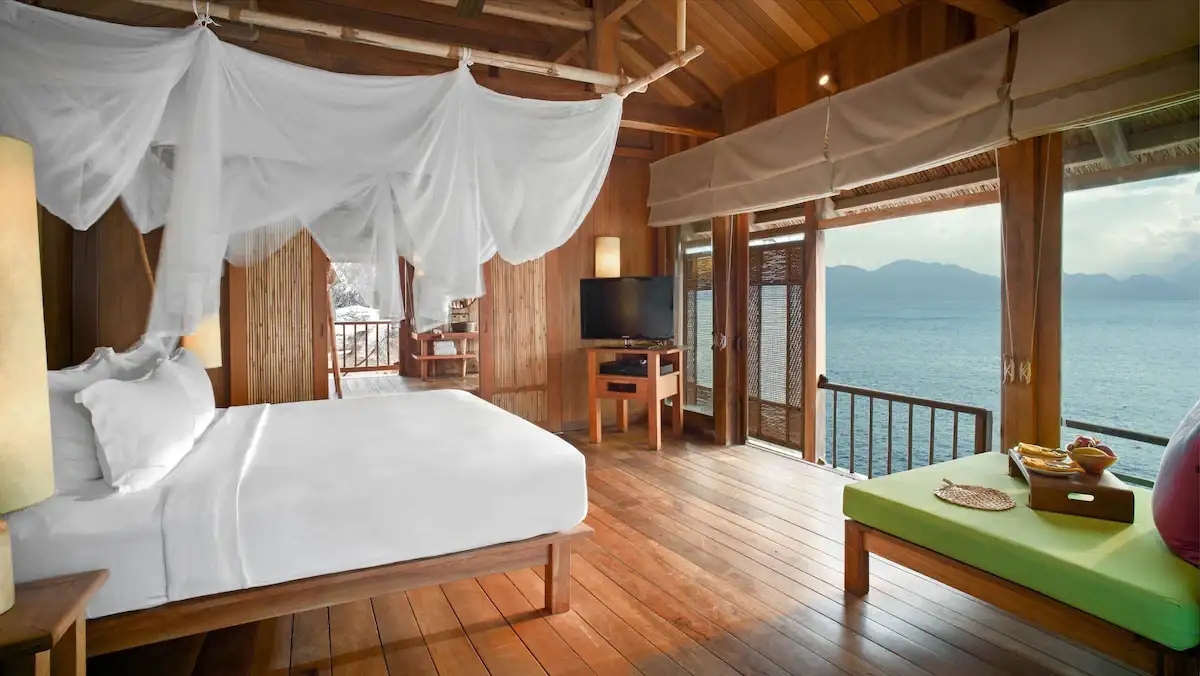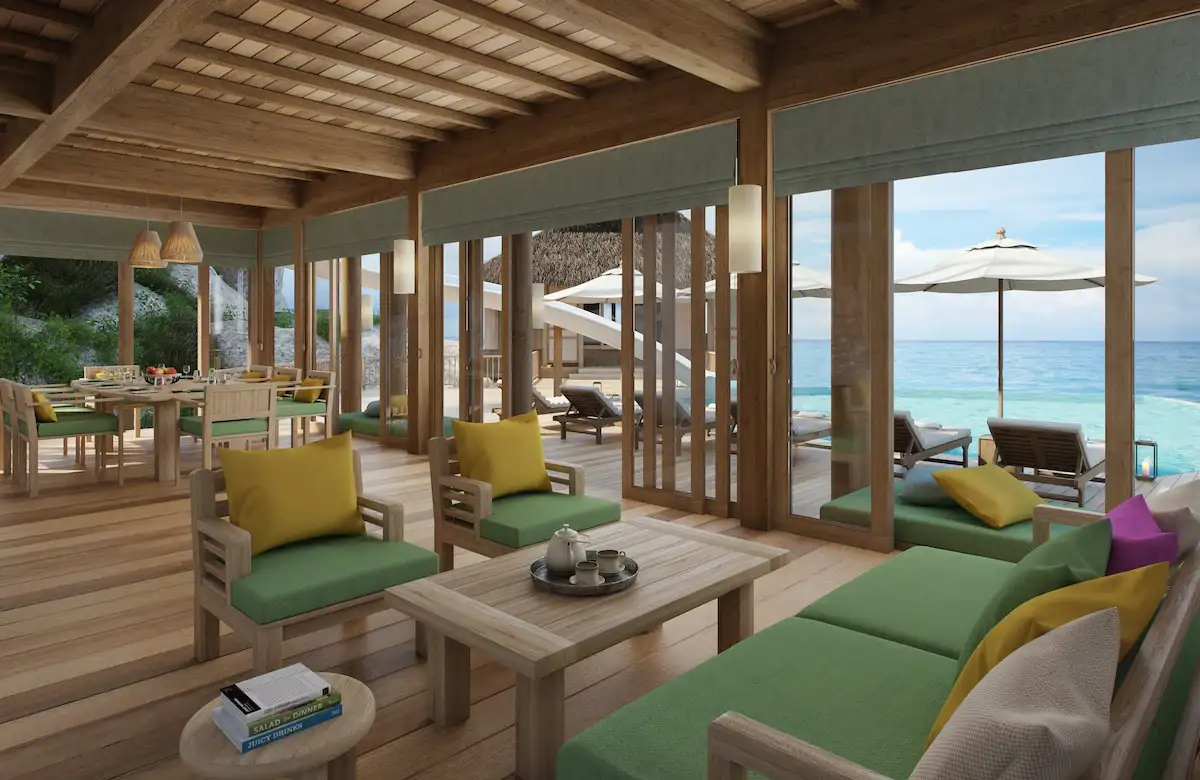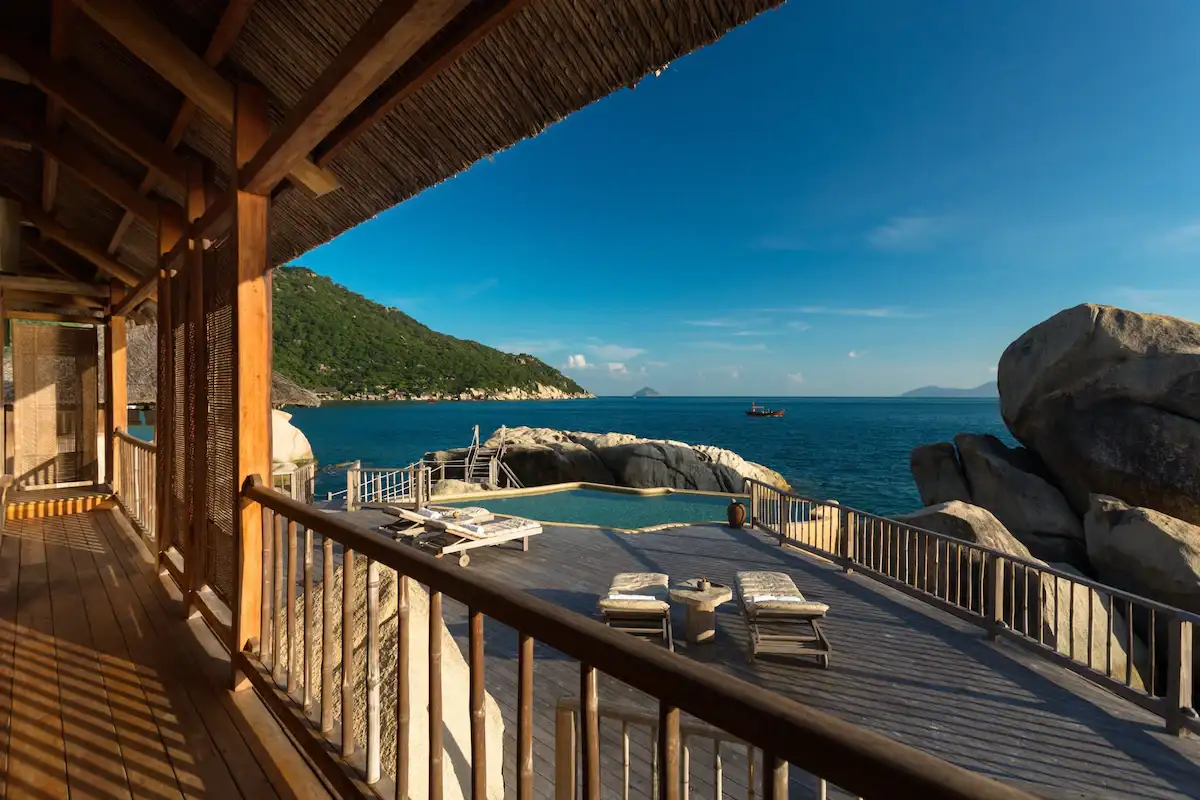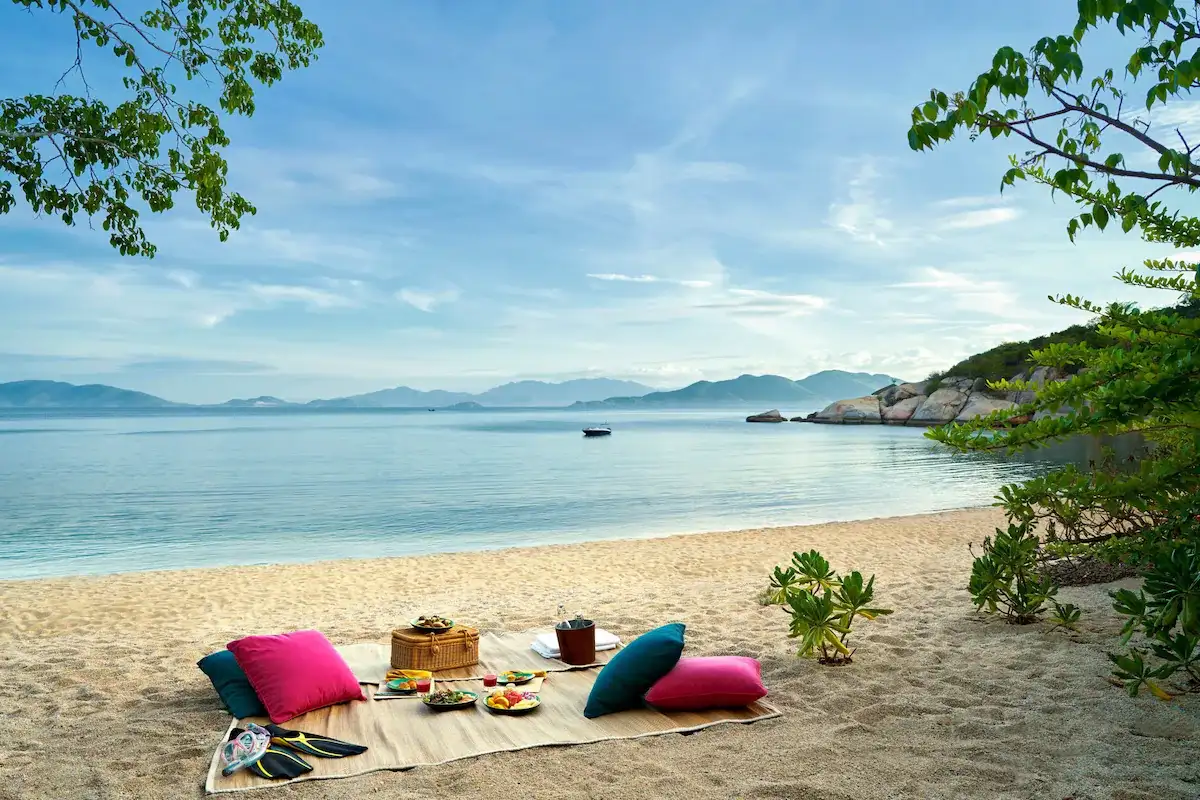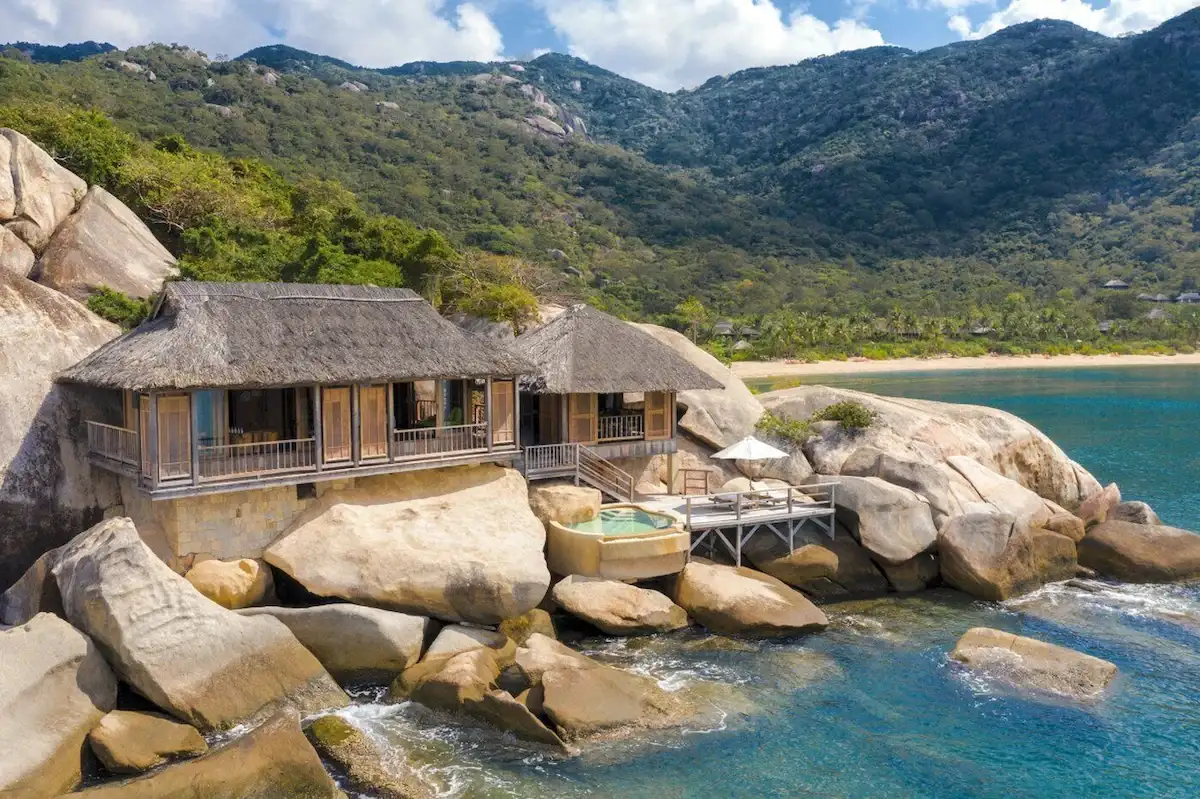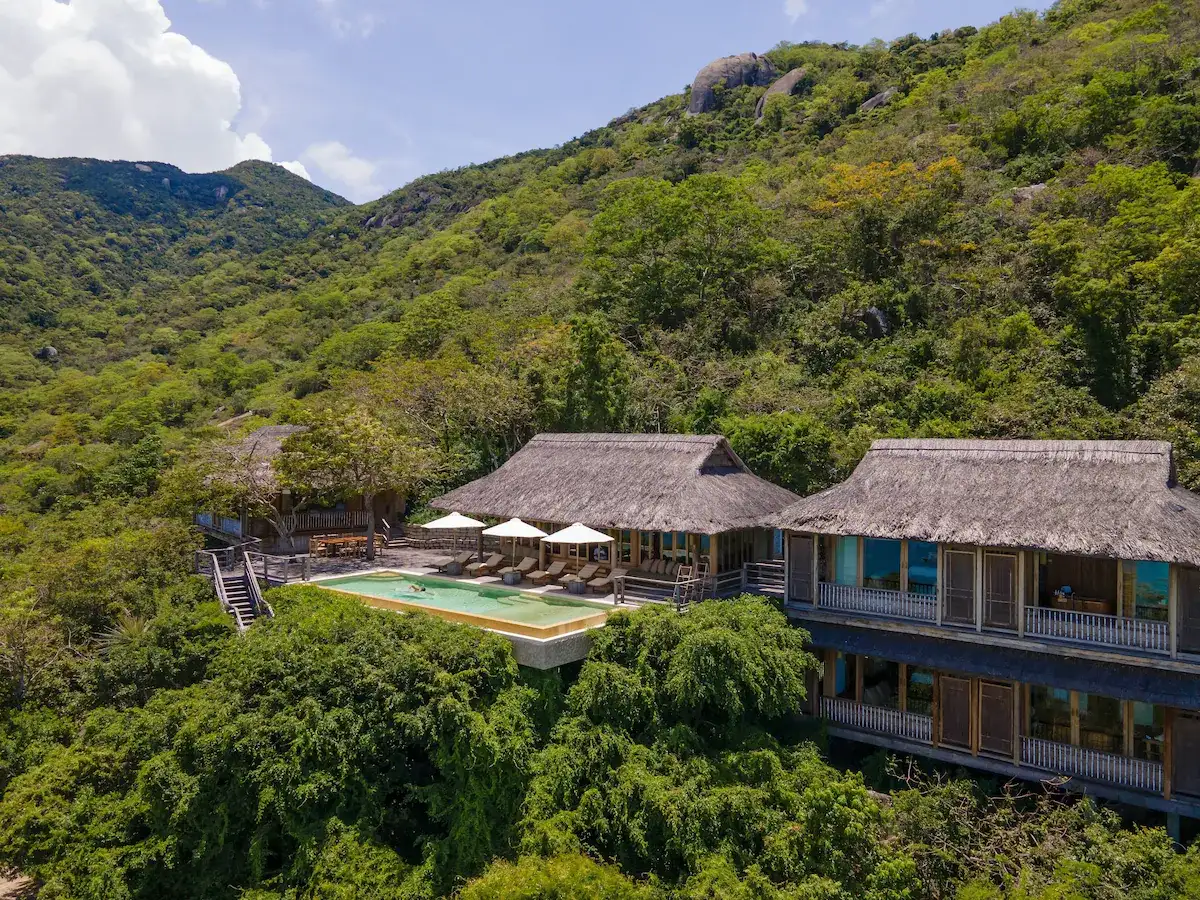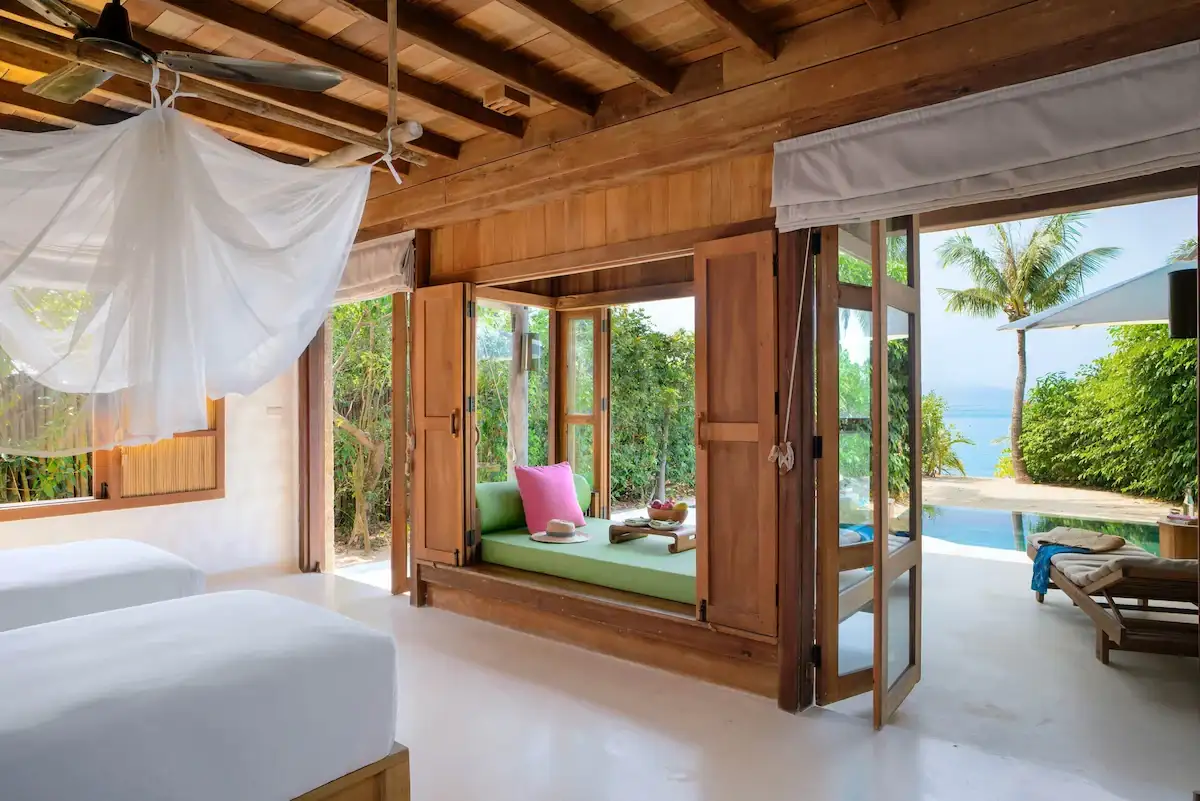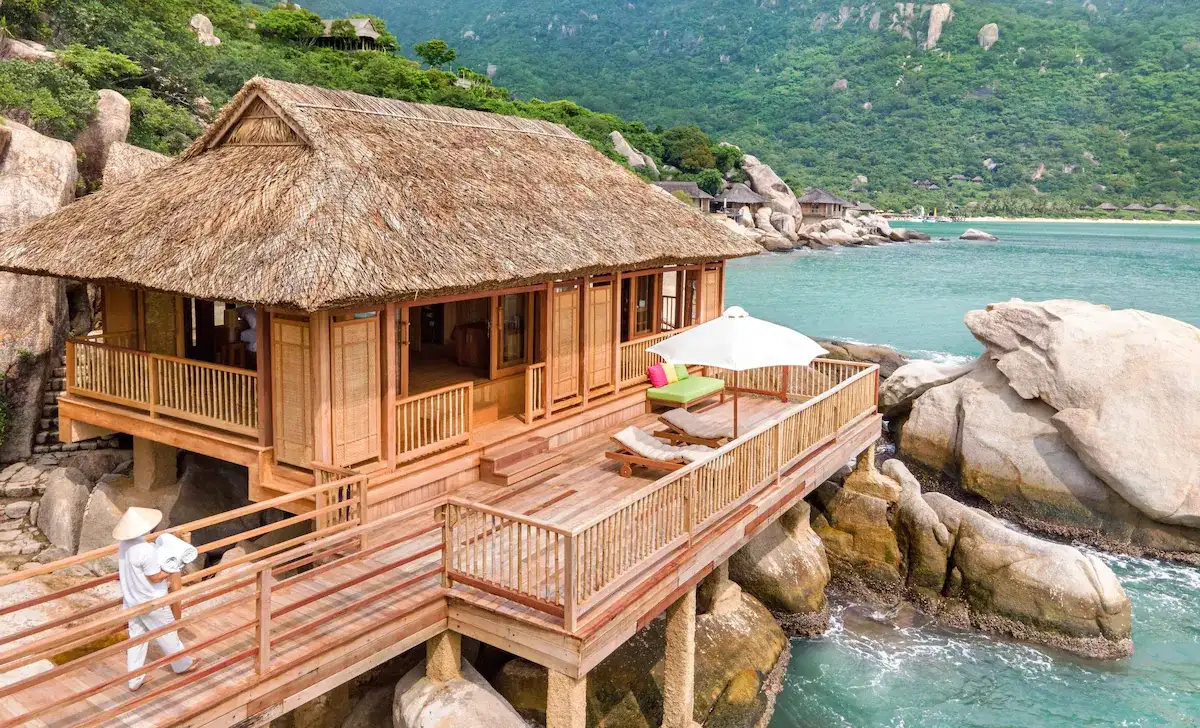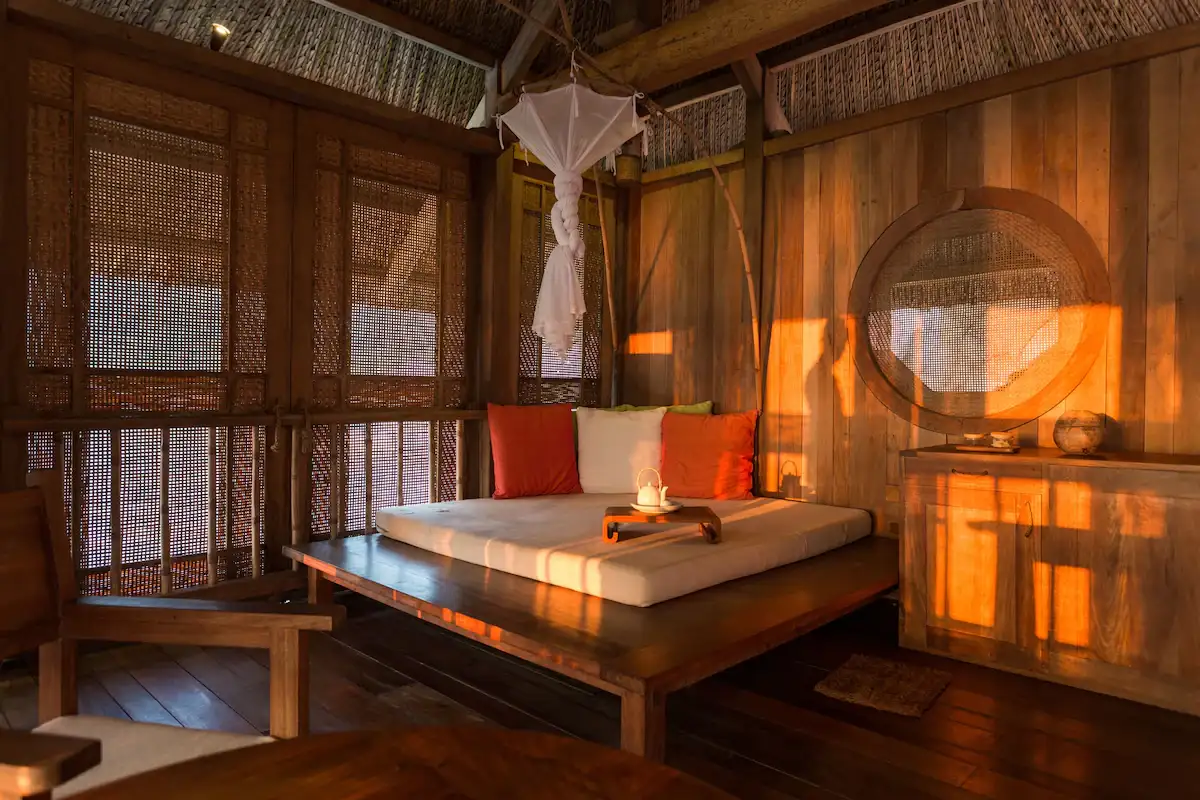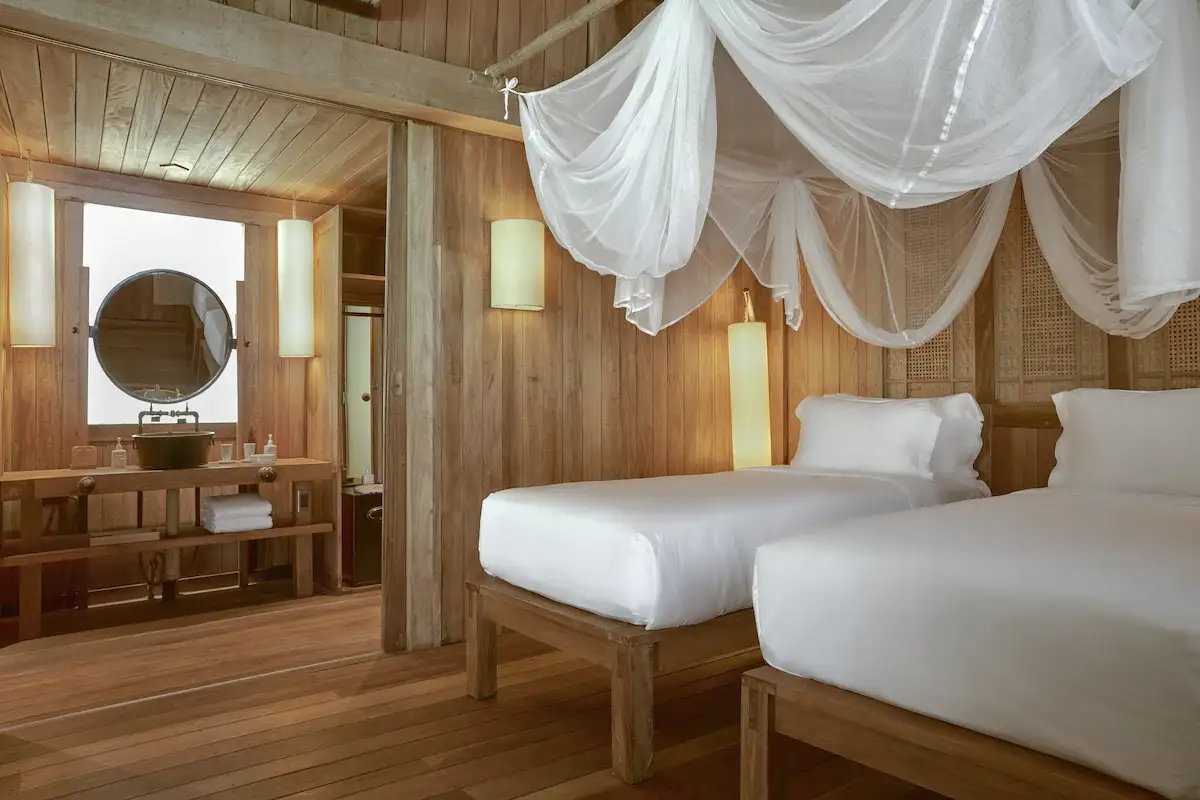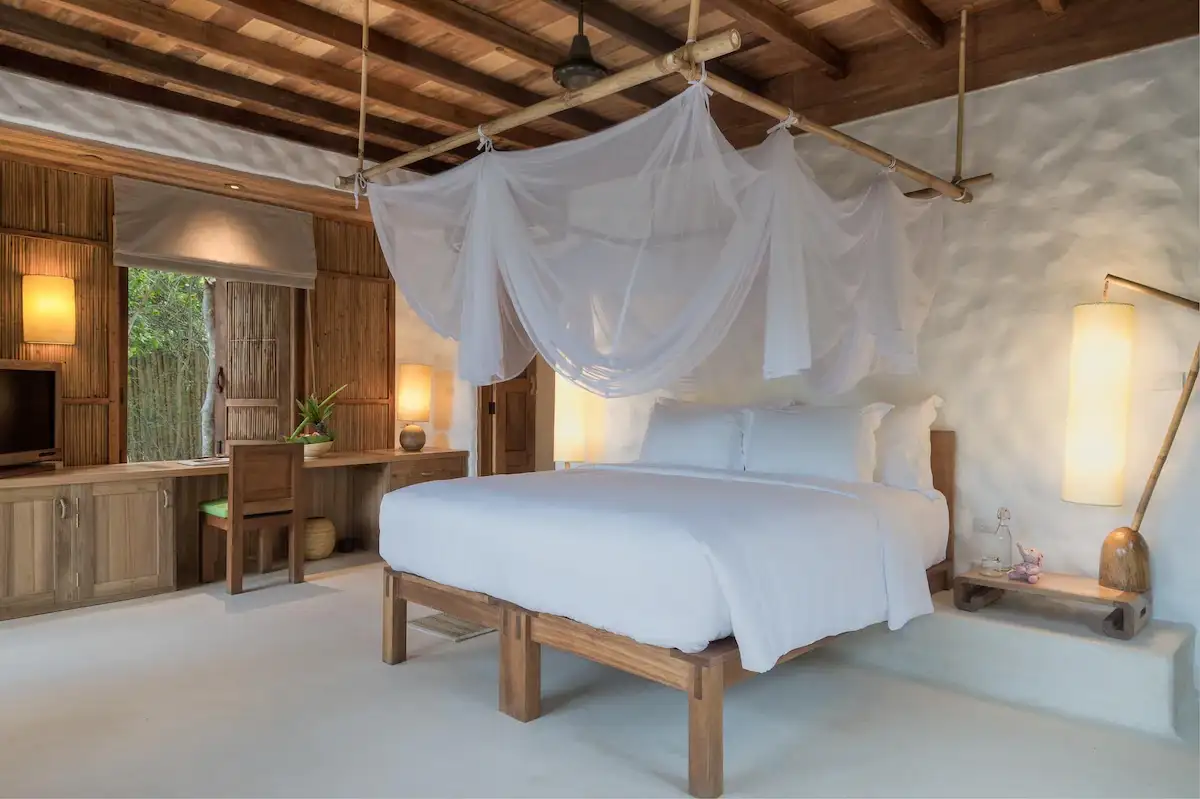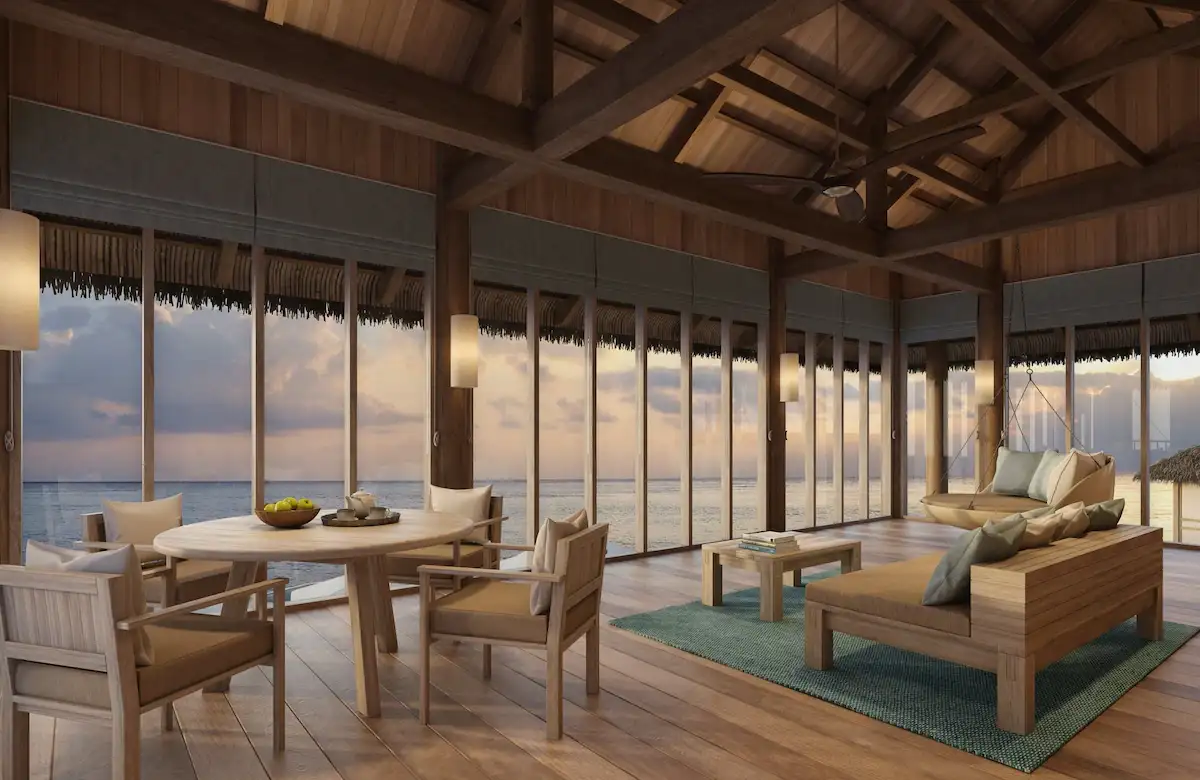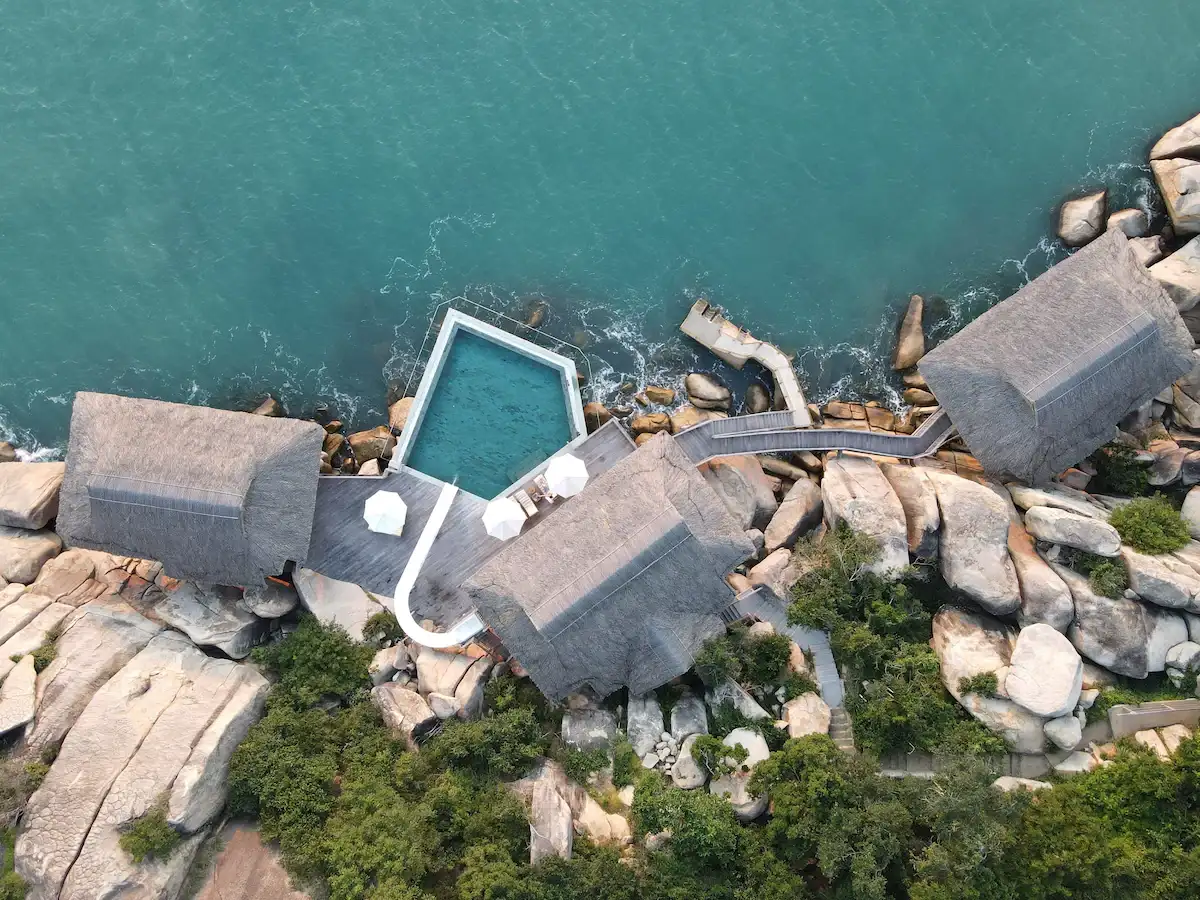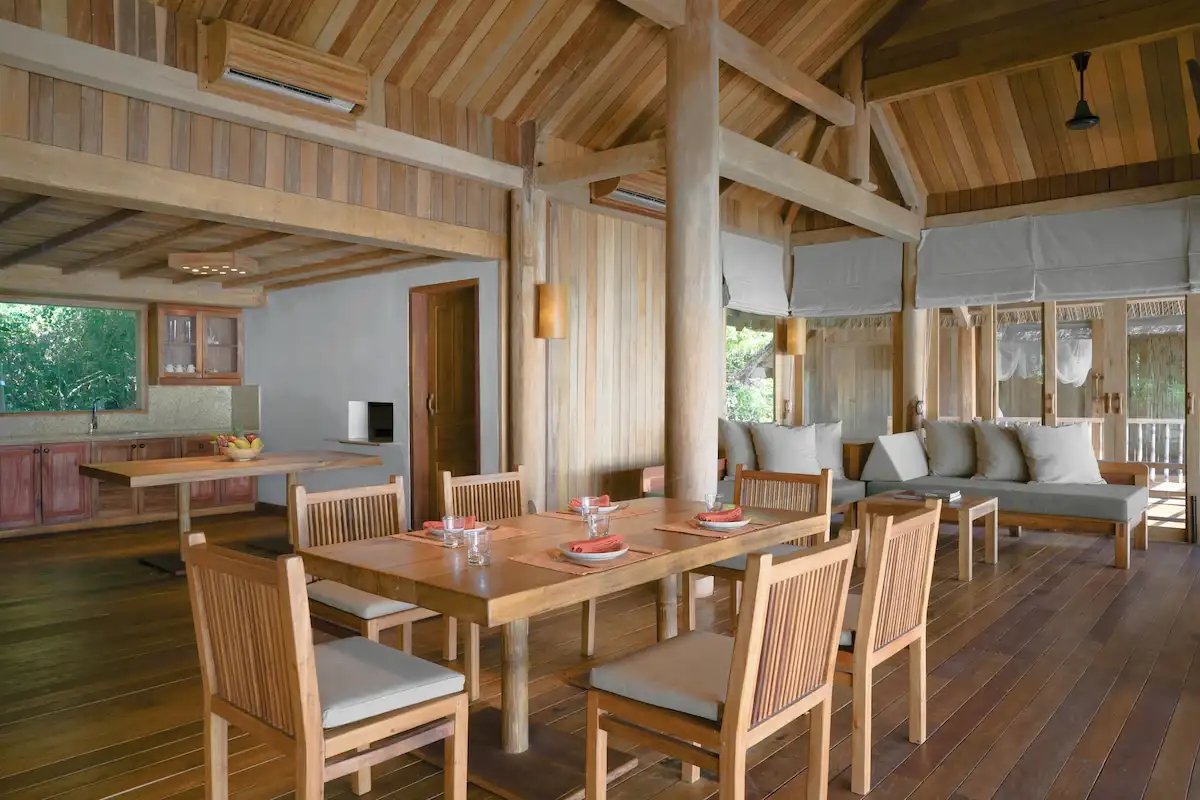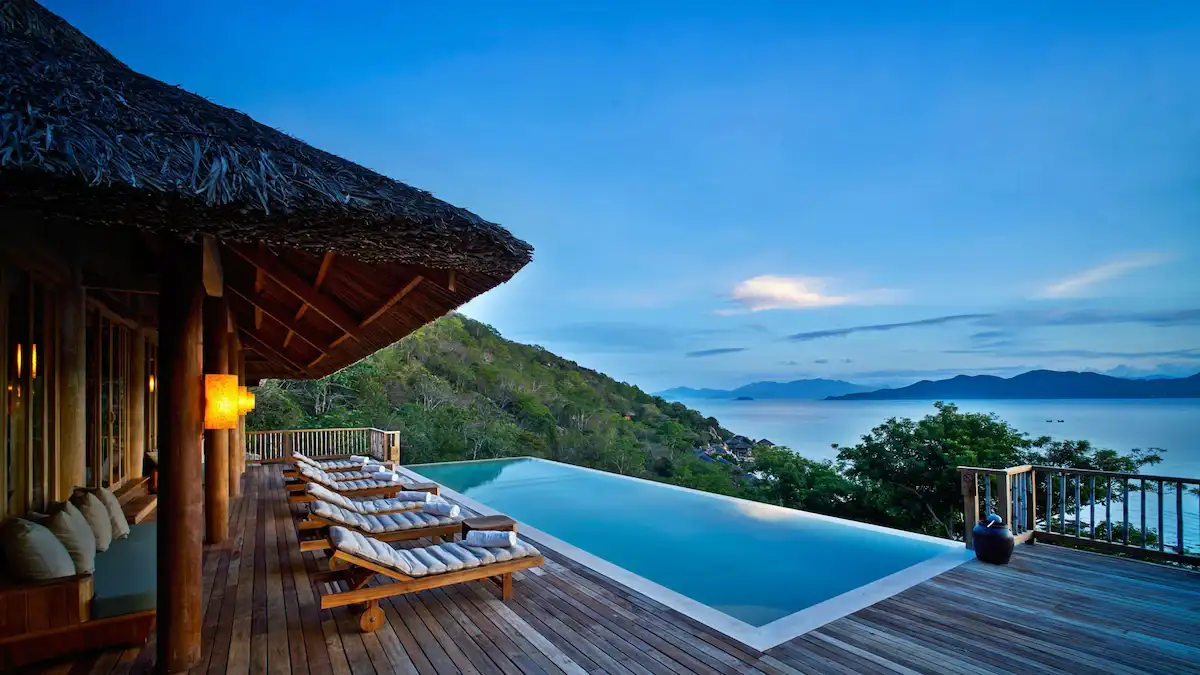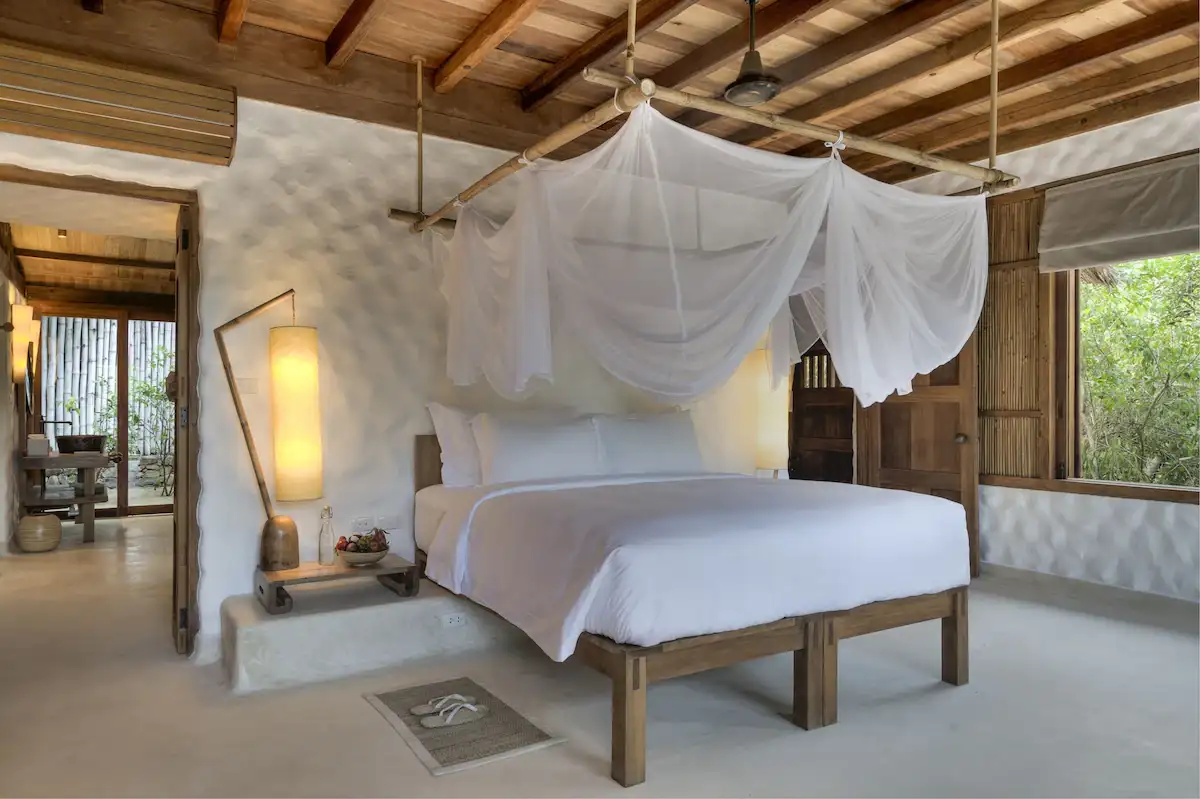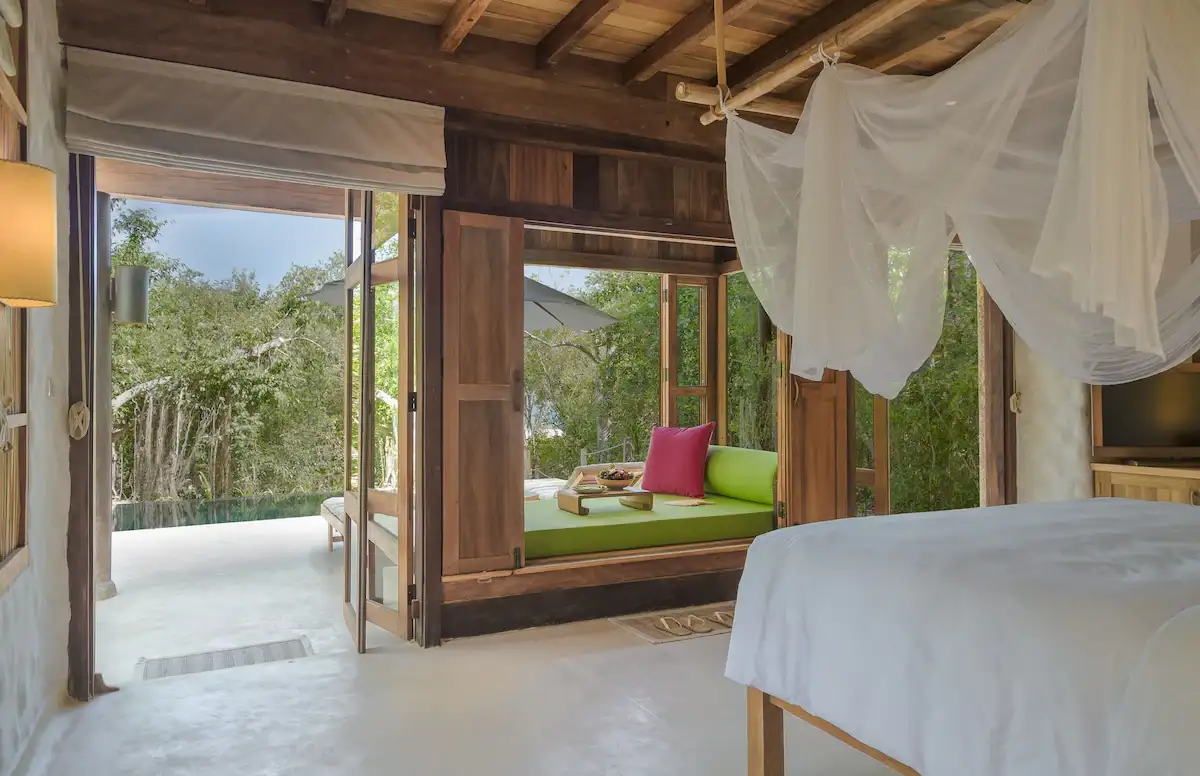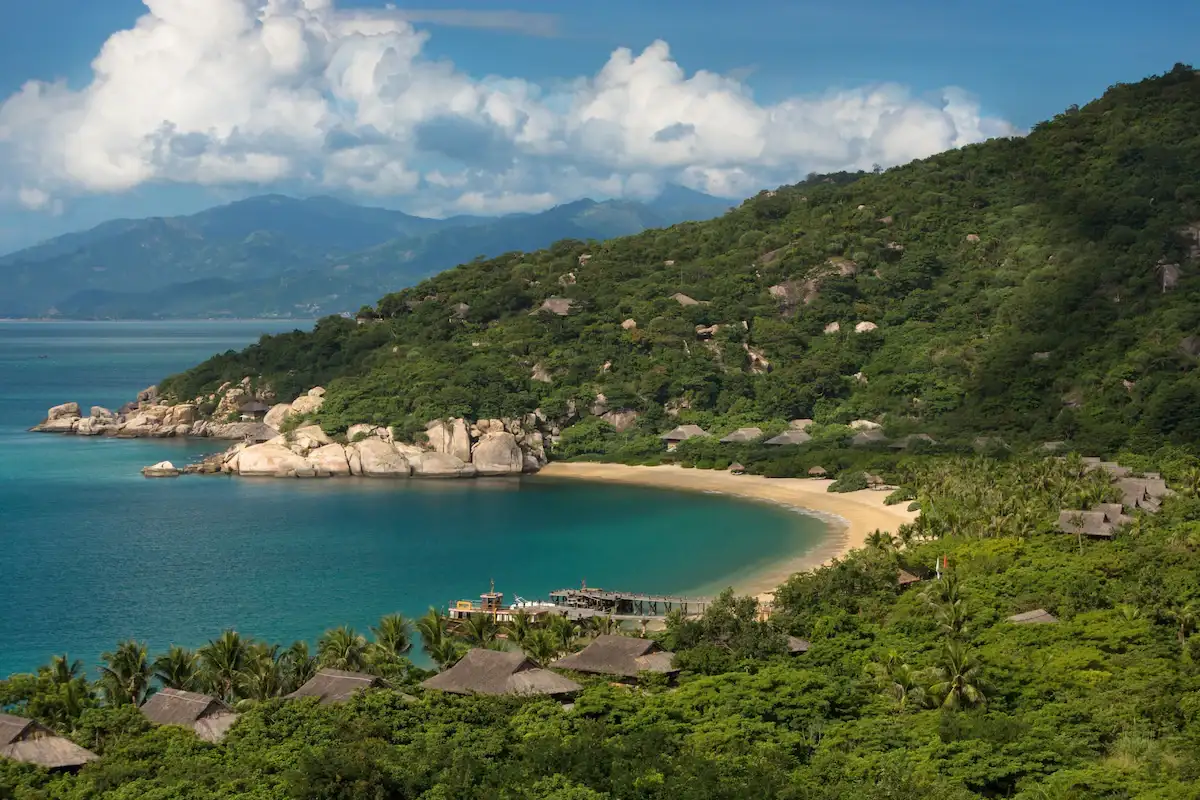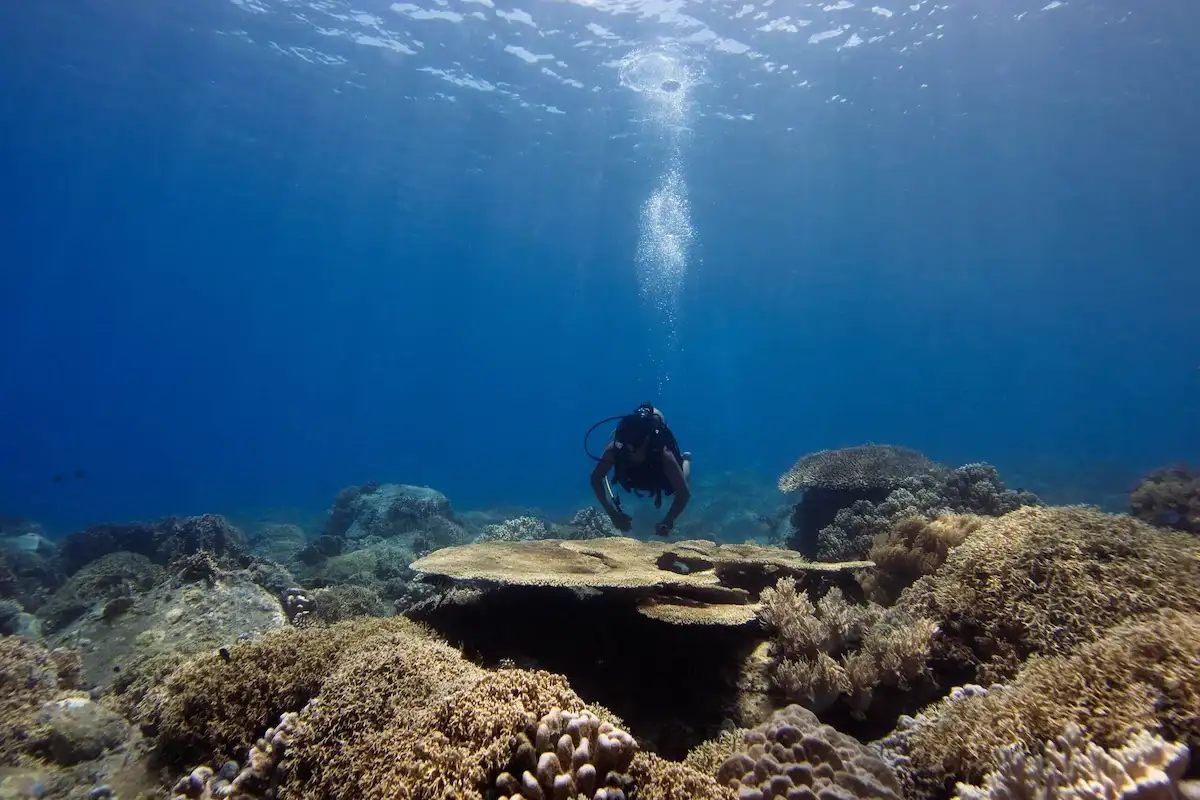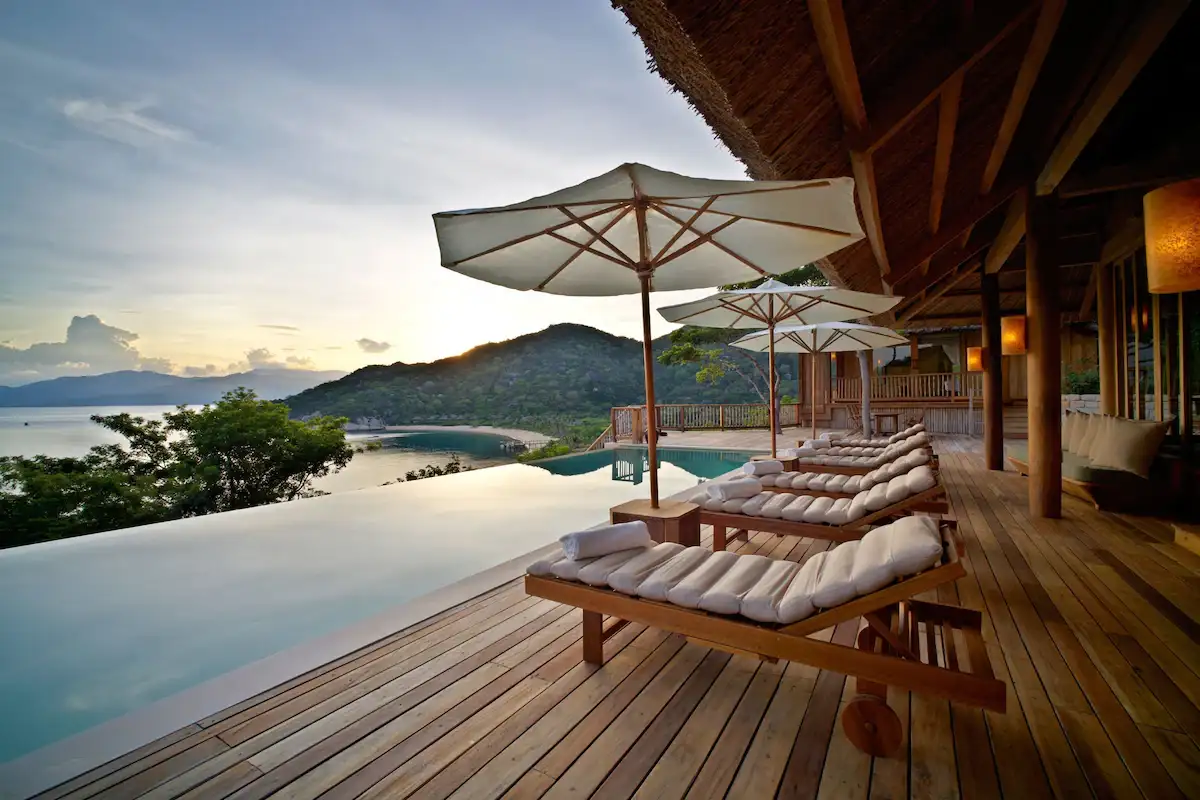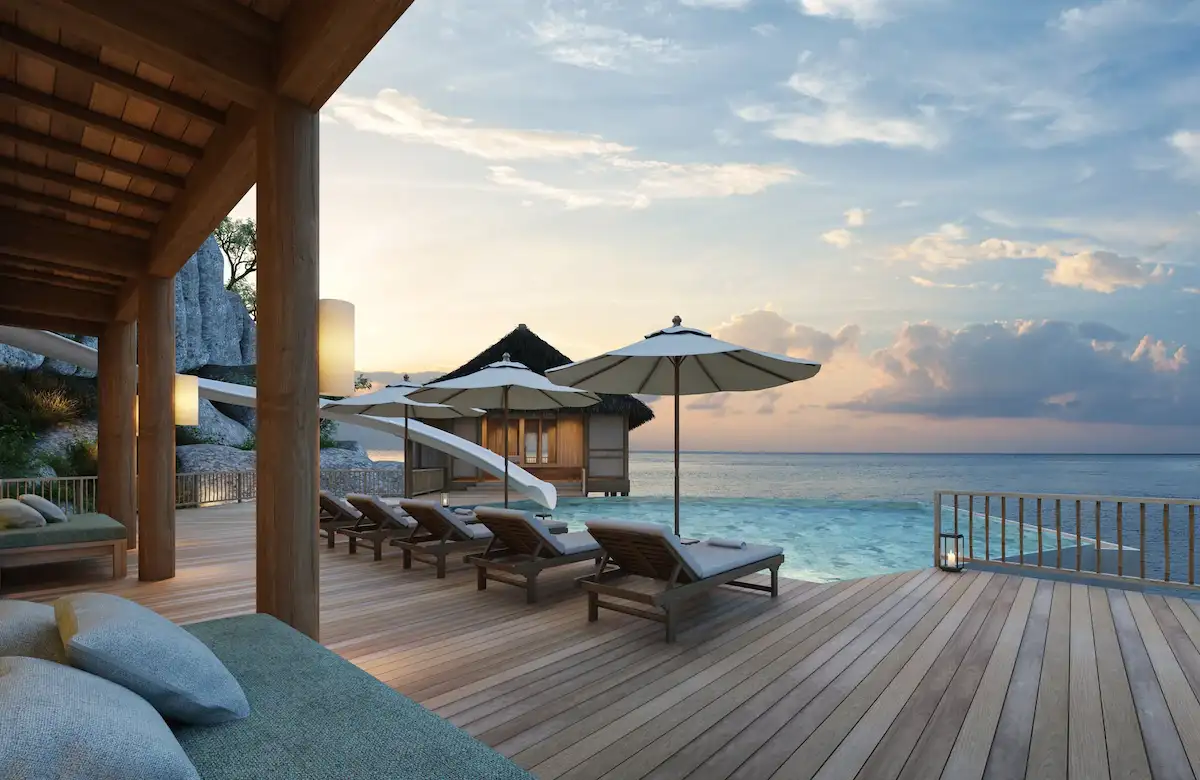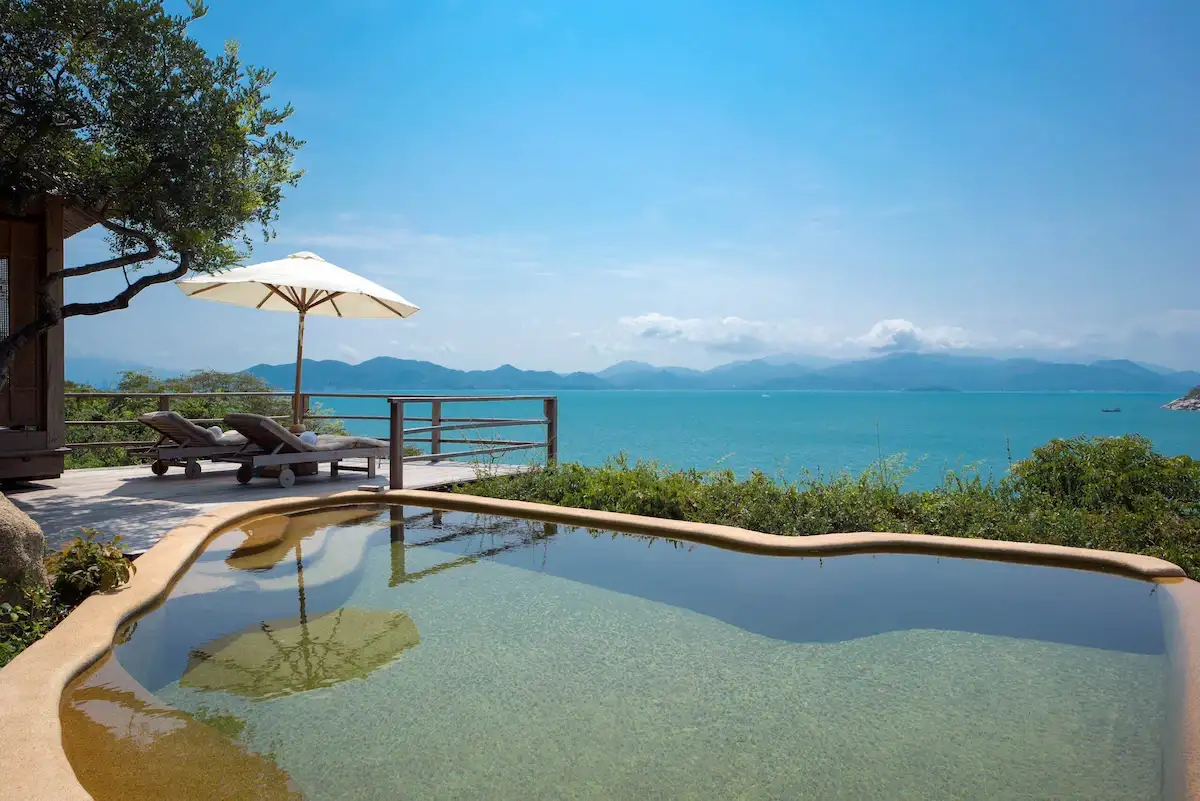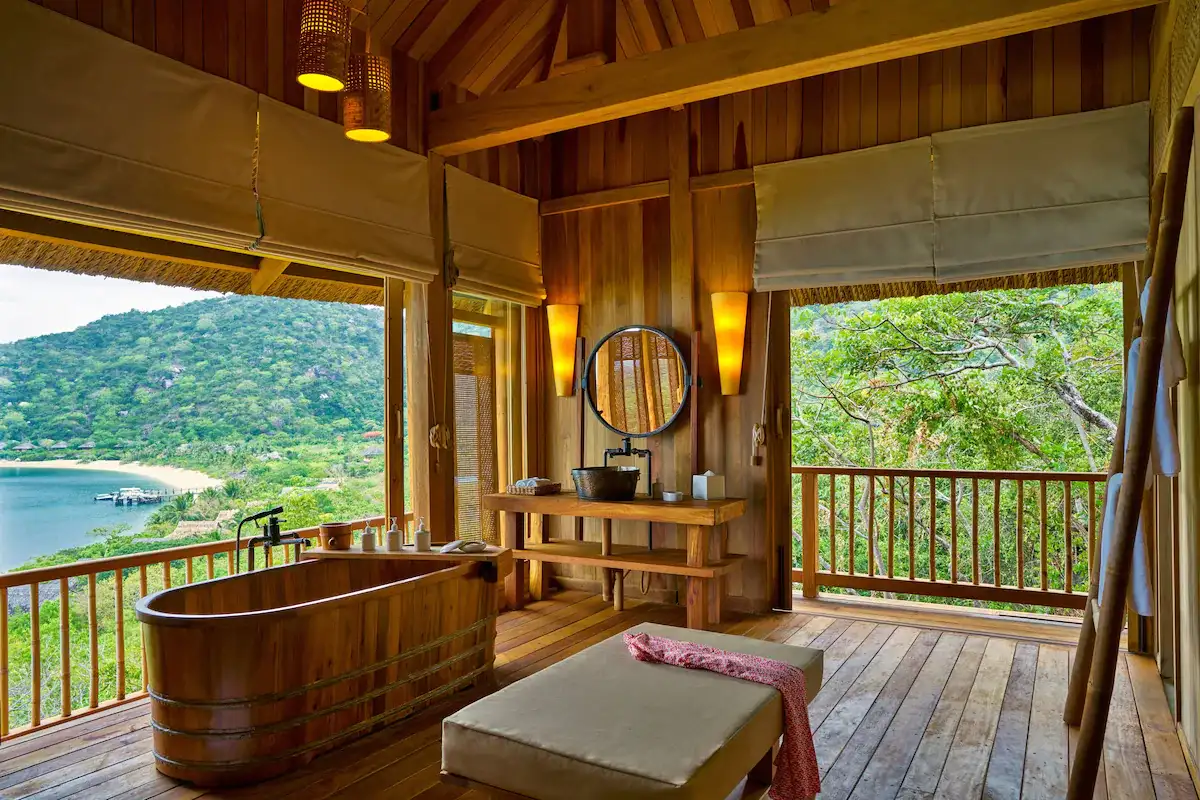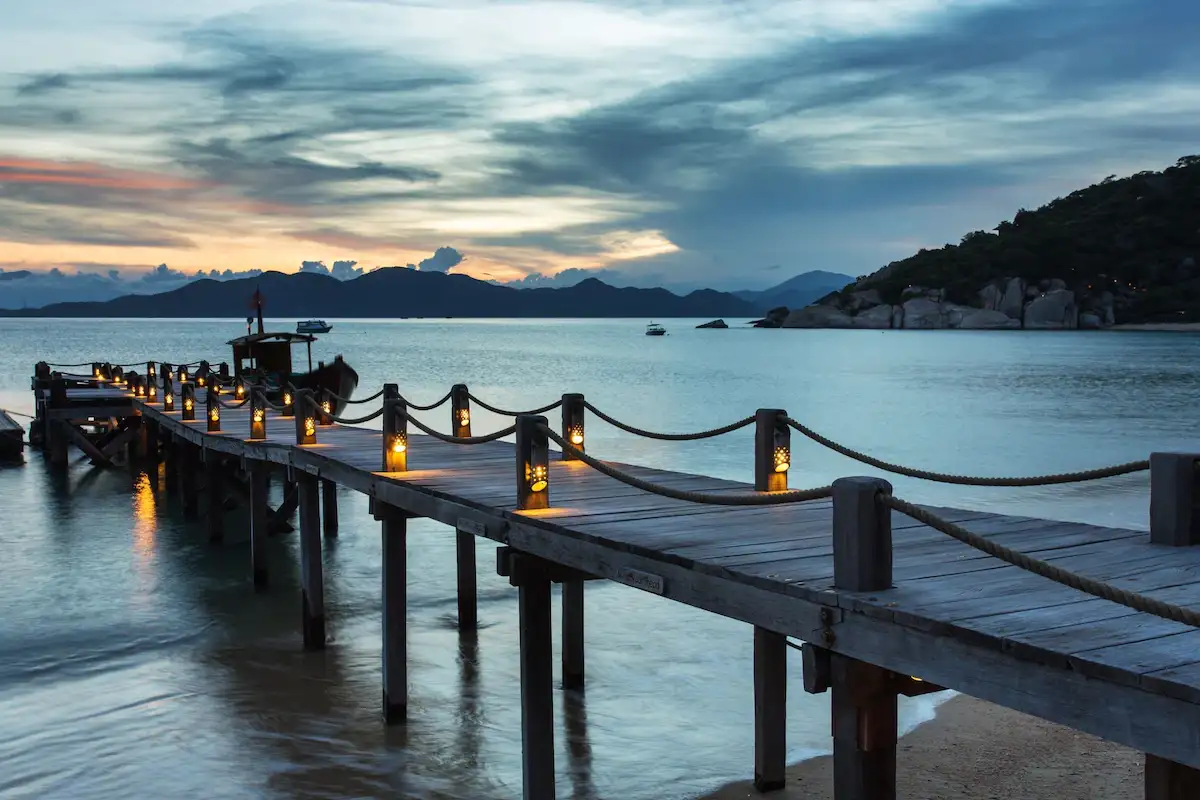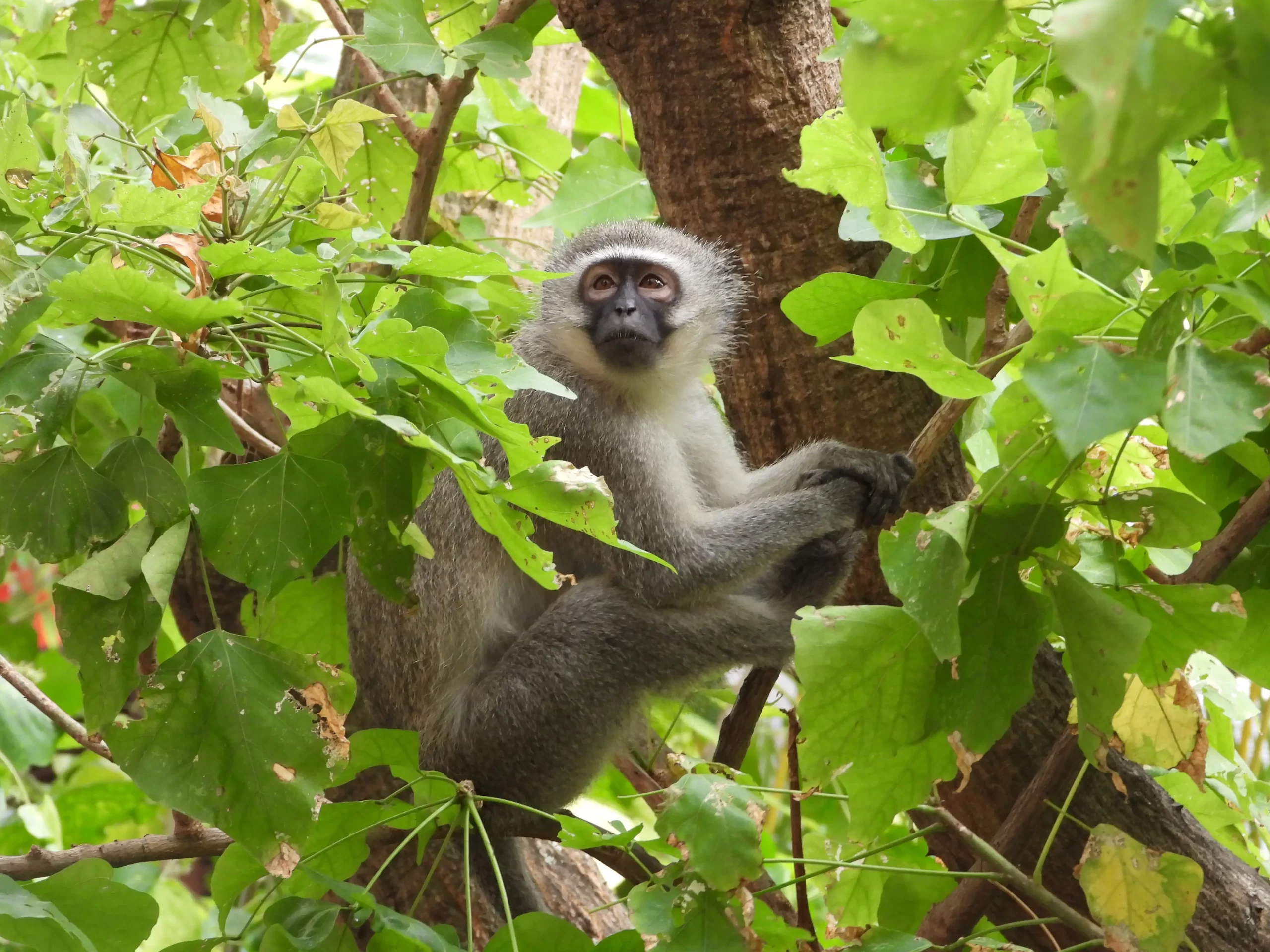Six Senses Ninh Van Bay
The ultimate illusionist island escape
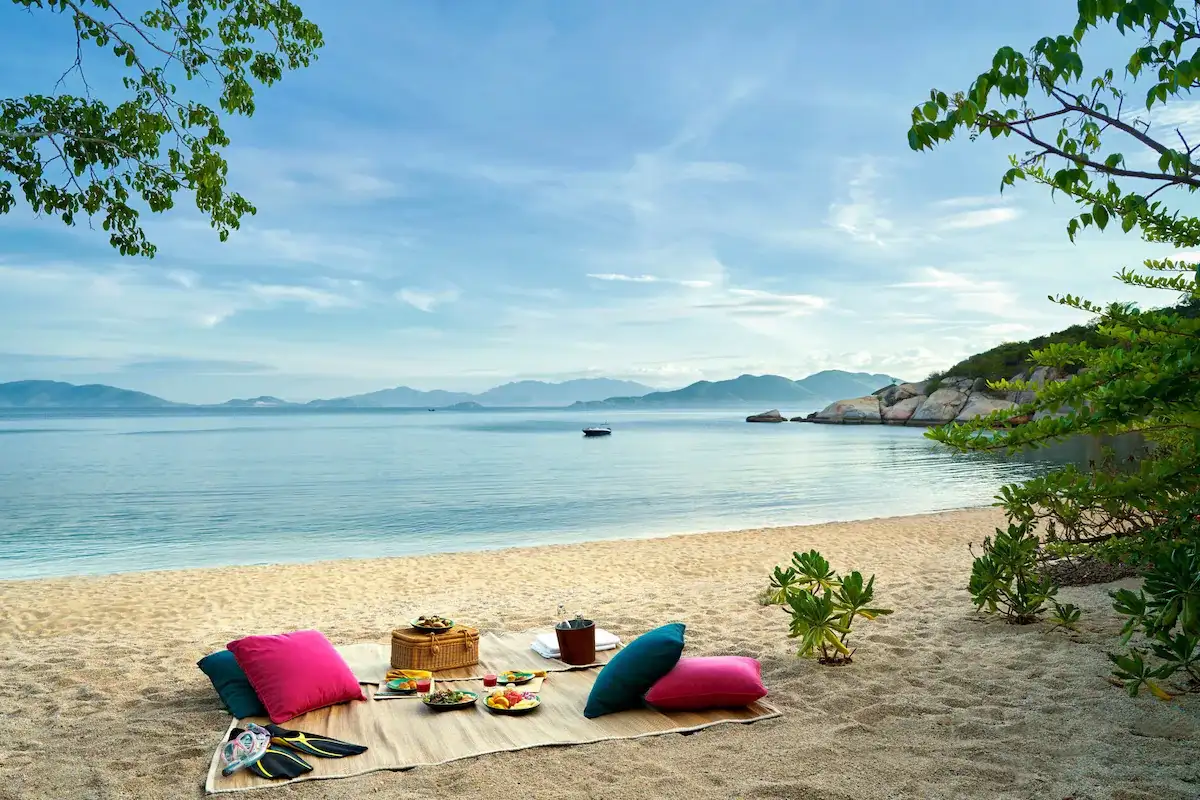
About The Hotel
The illusion is that you're on a remote island. Six Senses Ninh Van Bay resort in Vietnam sits on a dramatic bay looking out to the East Vietnam Sea so it can only be approached by water. Impressive rock formations, a white sand beach, and a backdrop of towering mountains add to the fantasy.
Six Senses private pool villas in Vietnam are spacious and comfortable, each with either a garden terrace or sundeck. Located on the beach, over the water, between the rocks, or perched on the mountainside, ocean views are ubiquitous.
Six Senses private pool villas in Vietnam are spacious and comfortable, each with either a garden terrace or sundeck. Located on the beach, over the water, between the rocks, or perched on the mountainside, ocean views are ubiquitous.
INTERNET
- Public areas: free
In room: free
CHILDREN POLICY
- Children are welcome
CHECK-IN / CHECK-OUT
- Check-in: 2 pm
Check-out: noon
TRANSPORTATION AND TRANSFERS
- Subject to supplement
ROOMS
- 58 rooms and suites
PARKING
- No parking available.
PETS
- Pets are not allowed.
SPA AND LEISURE
- outdoor pool
- fitness center
- spa
- diving
- snorkeling
ENTERTAINMENT&FAMILY SERVICES
- outdoor play area
- indoor play area
- babysitting
- family rooms
FOOD&DRINK
- restaurant
- bar
GENERAL
- room service
- free wifi
- non-smoking rooms
- air conditioning
Sustainable Initiatives
Sustainable Initiatives
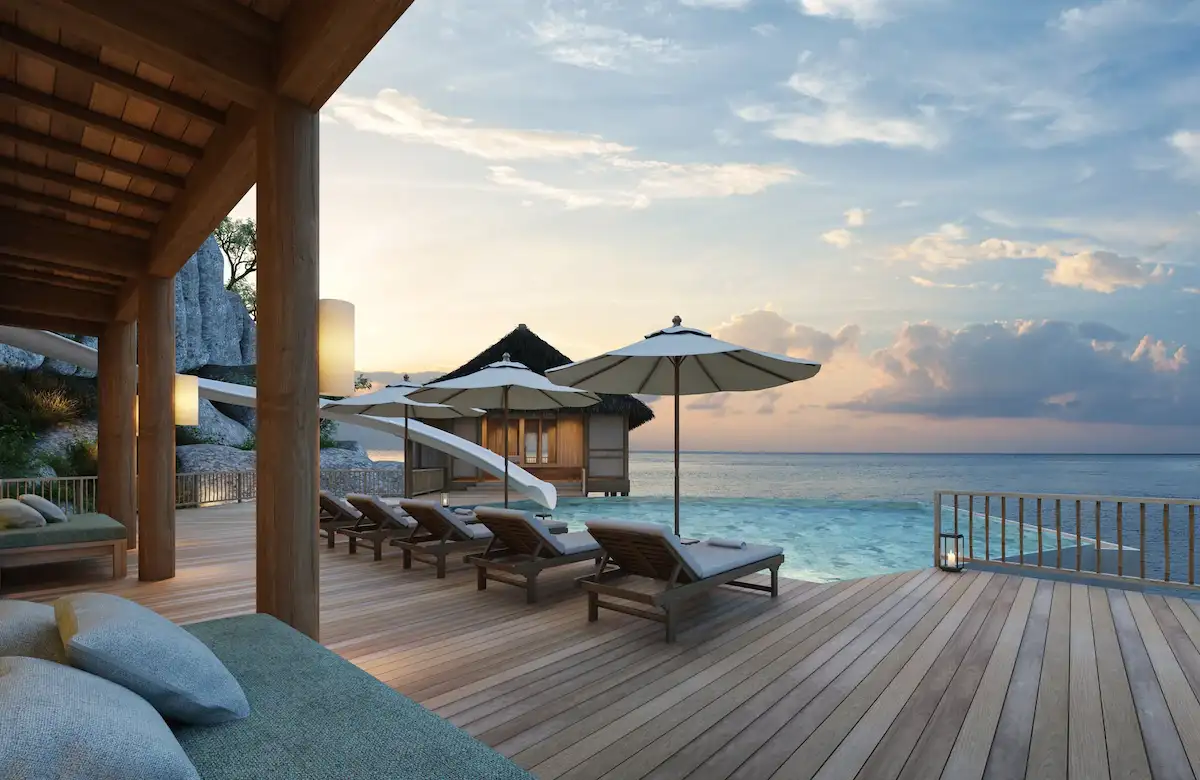
Travel Sustainable Measures
- Water-efficient toilets
- Water-efficient showers
- Option to opt out of daily room cleaning
- Option to reuse towels
- Recycling bins available to guests and waste is recycled
- The property makes efforts to reduce food waste
- Water cooler/dispenser
- Single-use shampoo, conditioner, and body wash bottles not used
- Single-use plastic stirrers not used
- Single-use plastic straws not used
- Single-use plastic bottles not used
- Single-use plastic cups not used
- Single-use plastic cutlery/plates not used
- Wild (non-domesticated) animals are not displayed or interacted with while kept at the property, nor are they harvested, consumed, or sold.
- Green spaces like (rooftop) gardens at the property
- Most food provided is organic
- Bicycle rental
- Bicycle parking
- Most food provided at the property is locally sourced
- Most lighting throughout property uses energy-efficient LED bulbs
- Invests a percentage of revenue back into community projects or sustainability projects
- Tours and activities organized by local guides and businesses
- Local artists are offered a platform to display their talents
- Provide guests with info about local ecosystems, history, culture, and visitor etiquette



